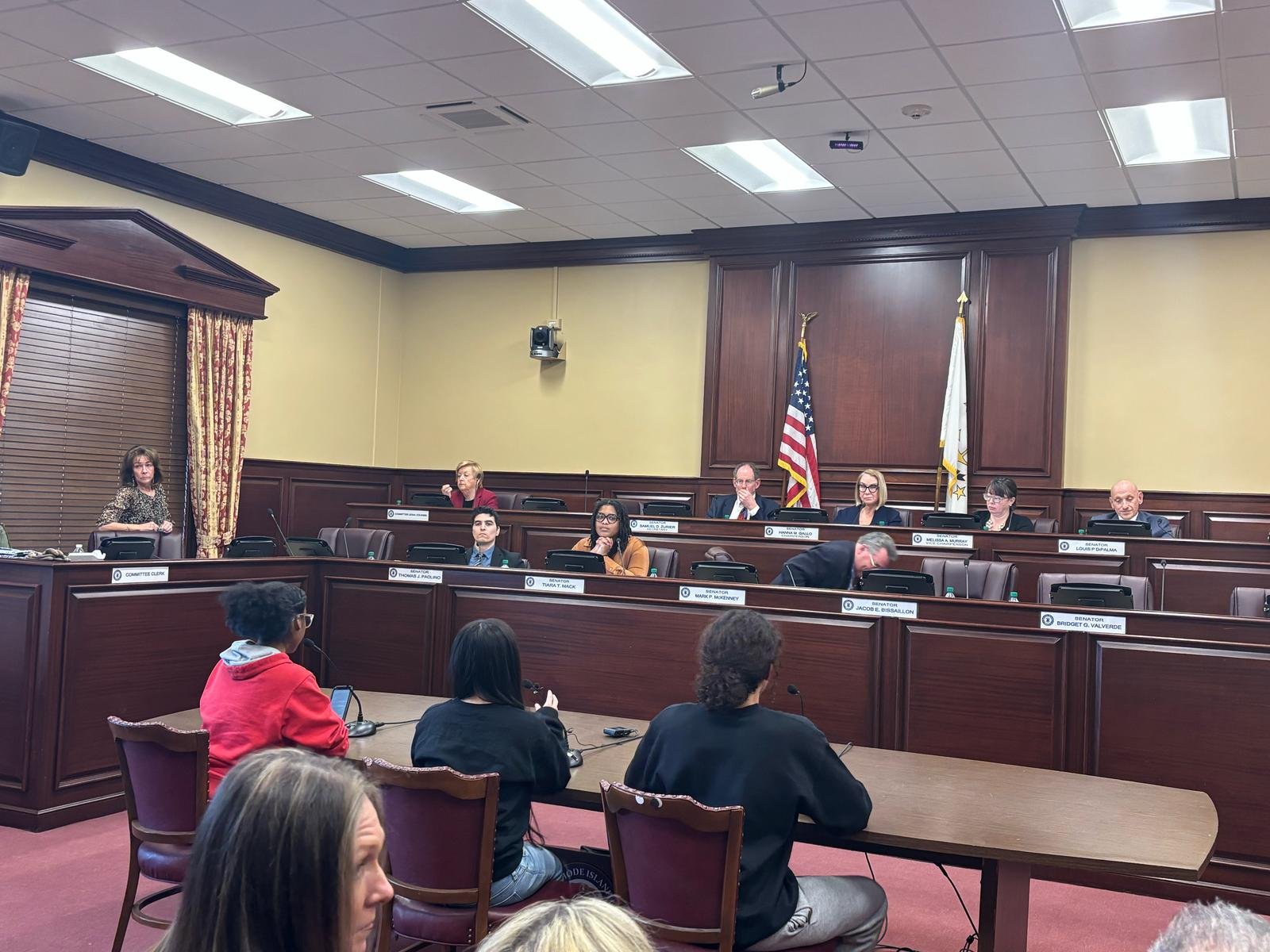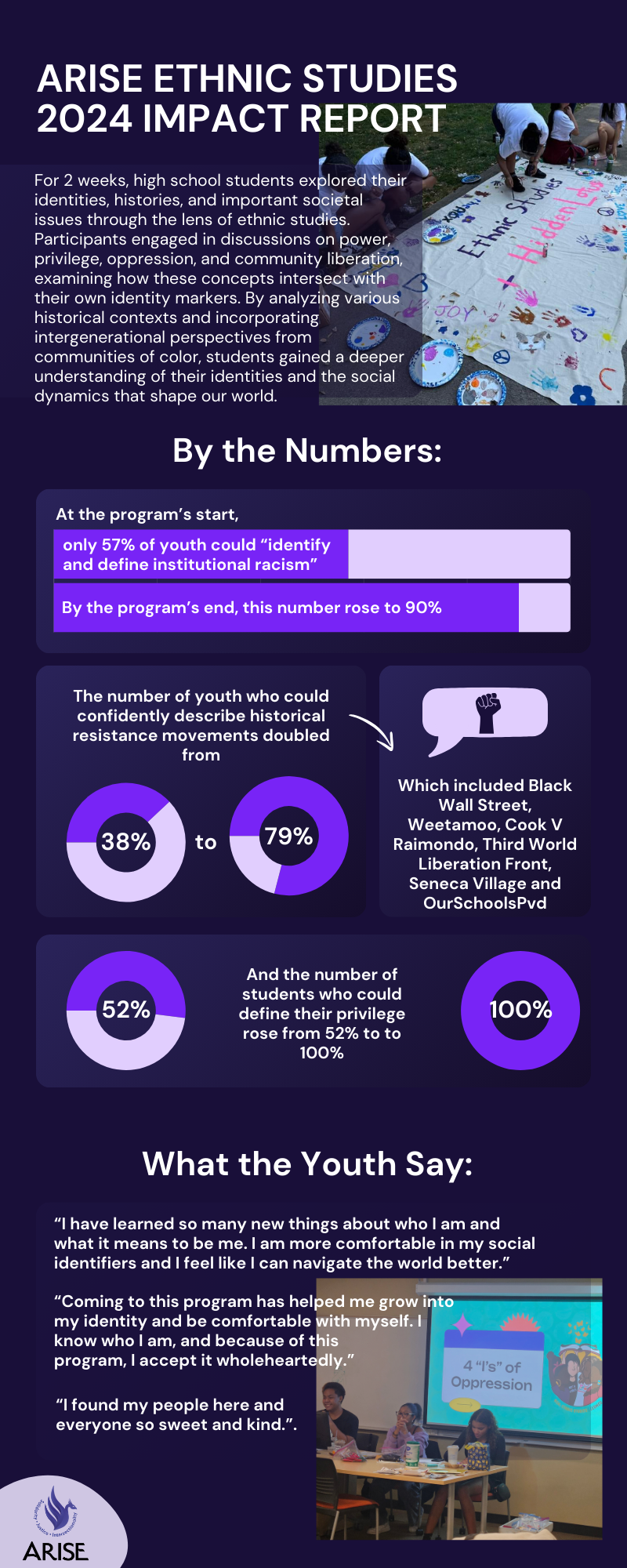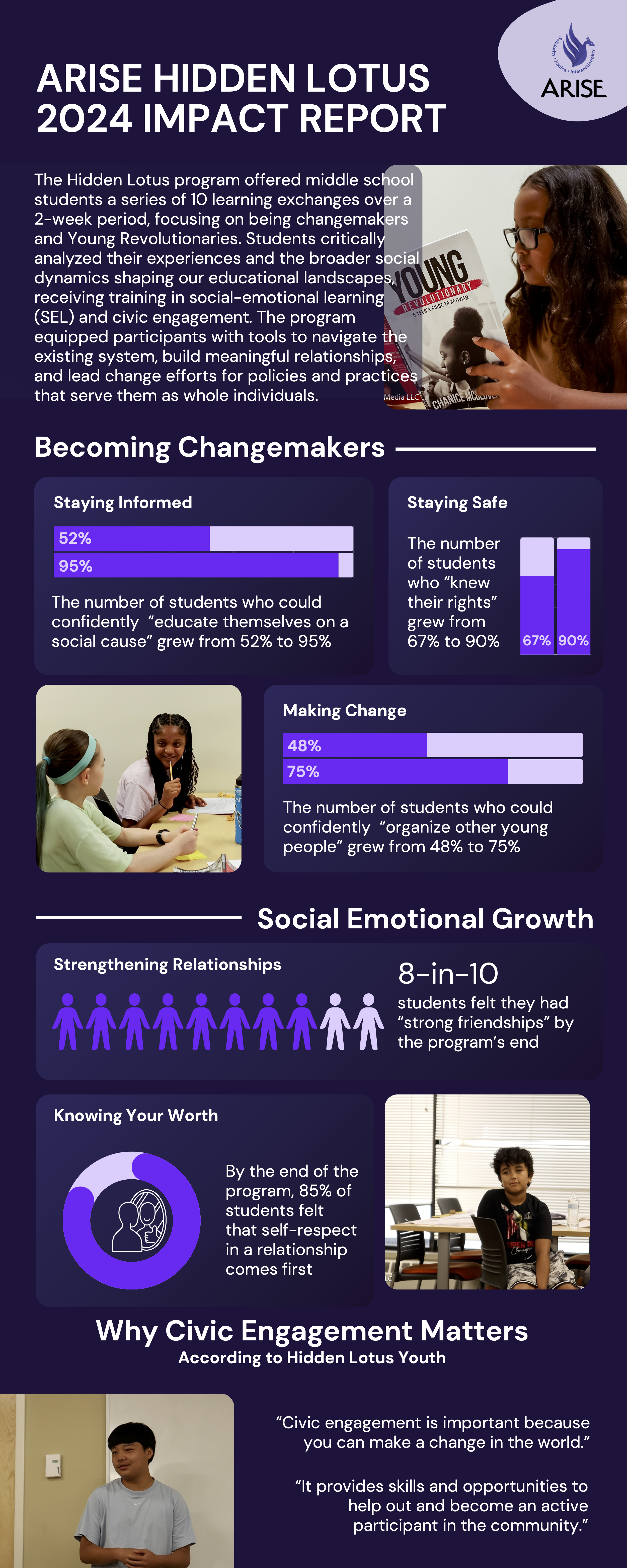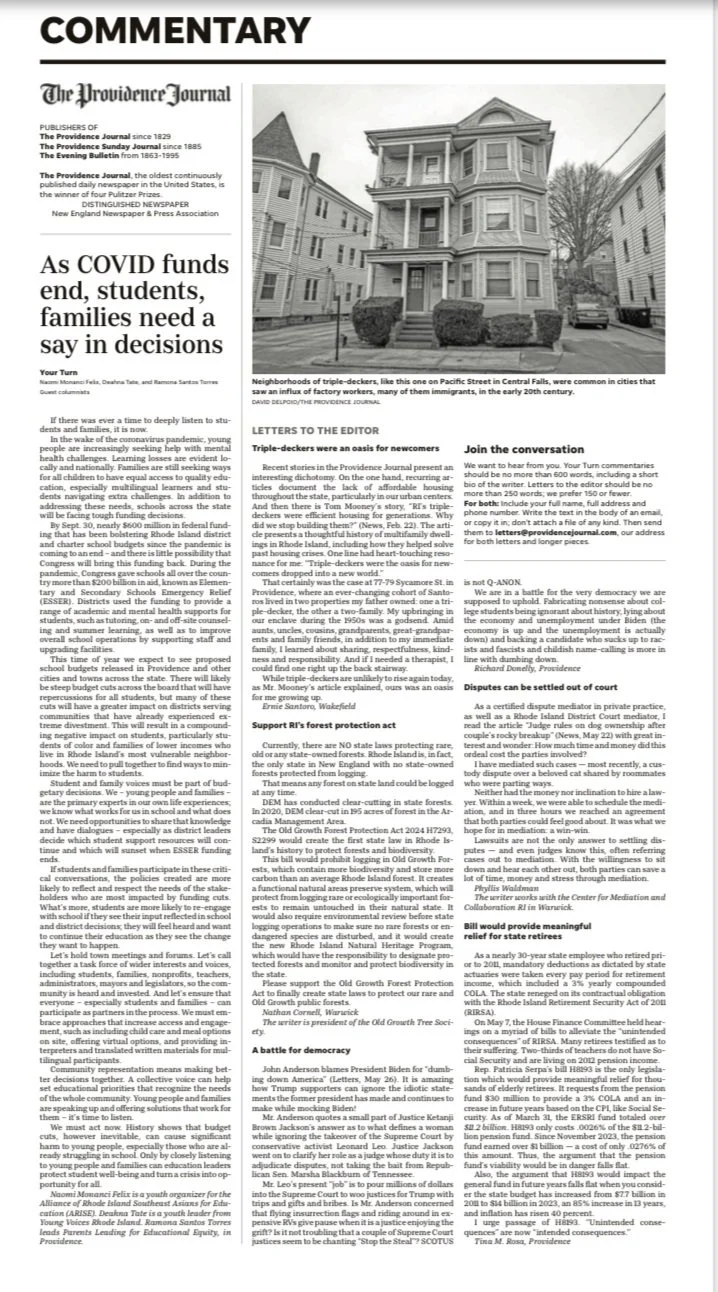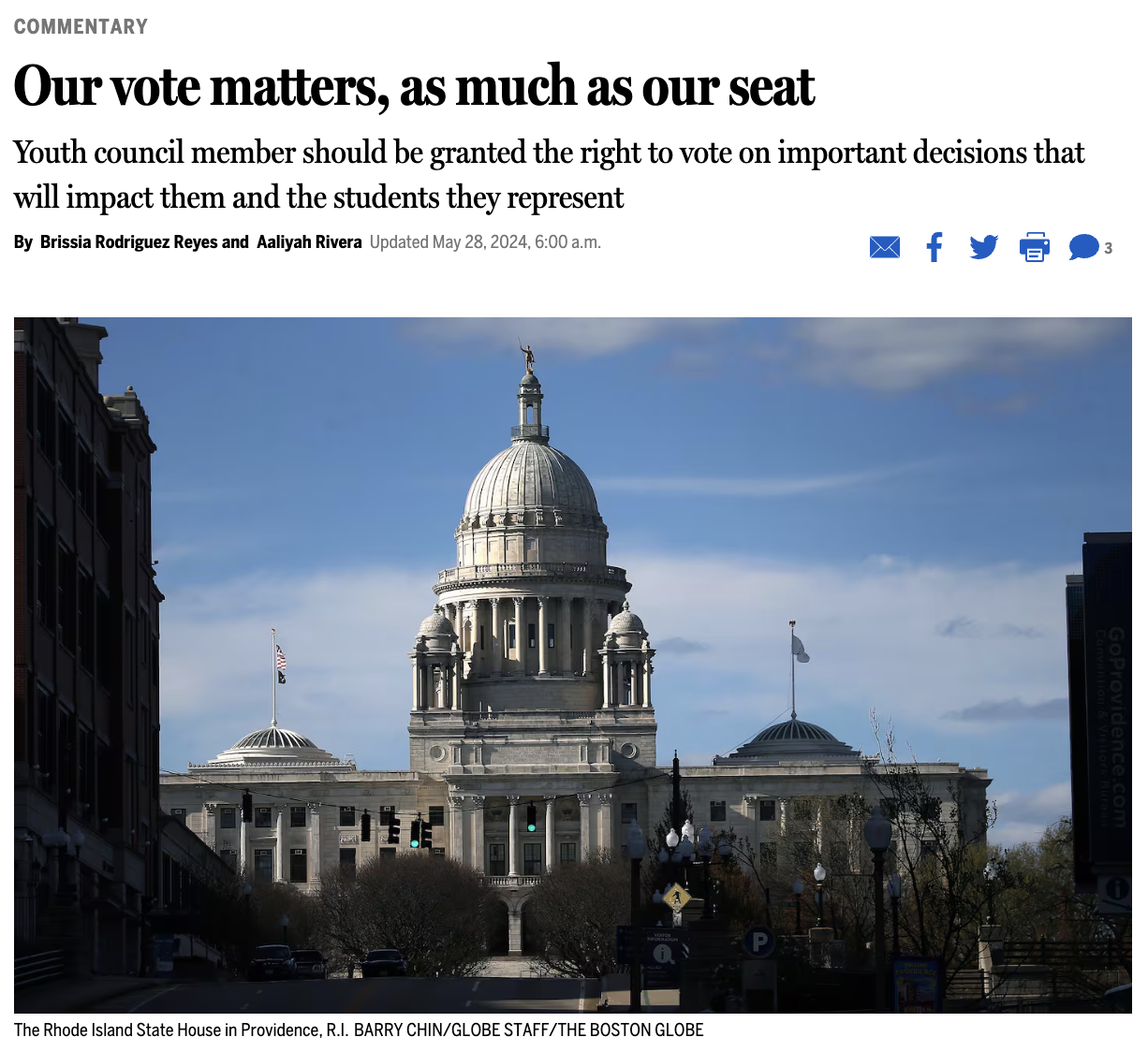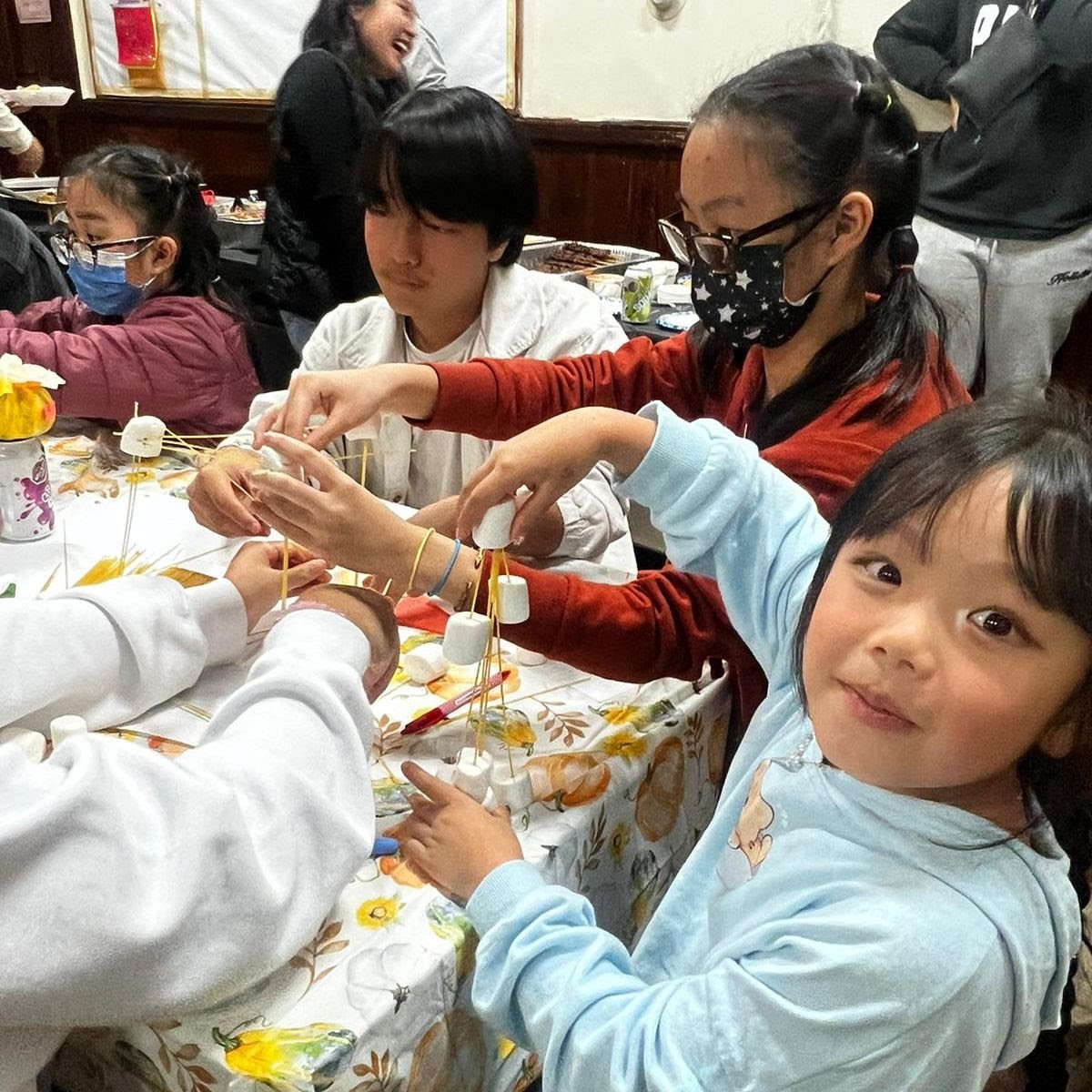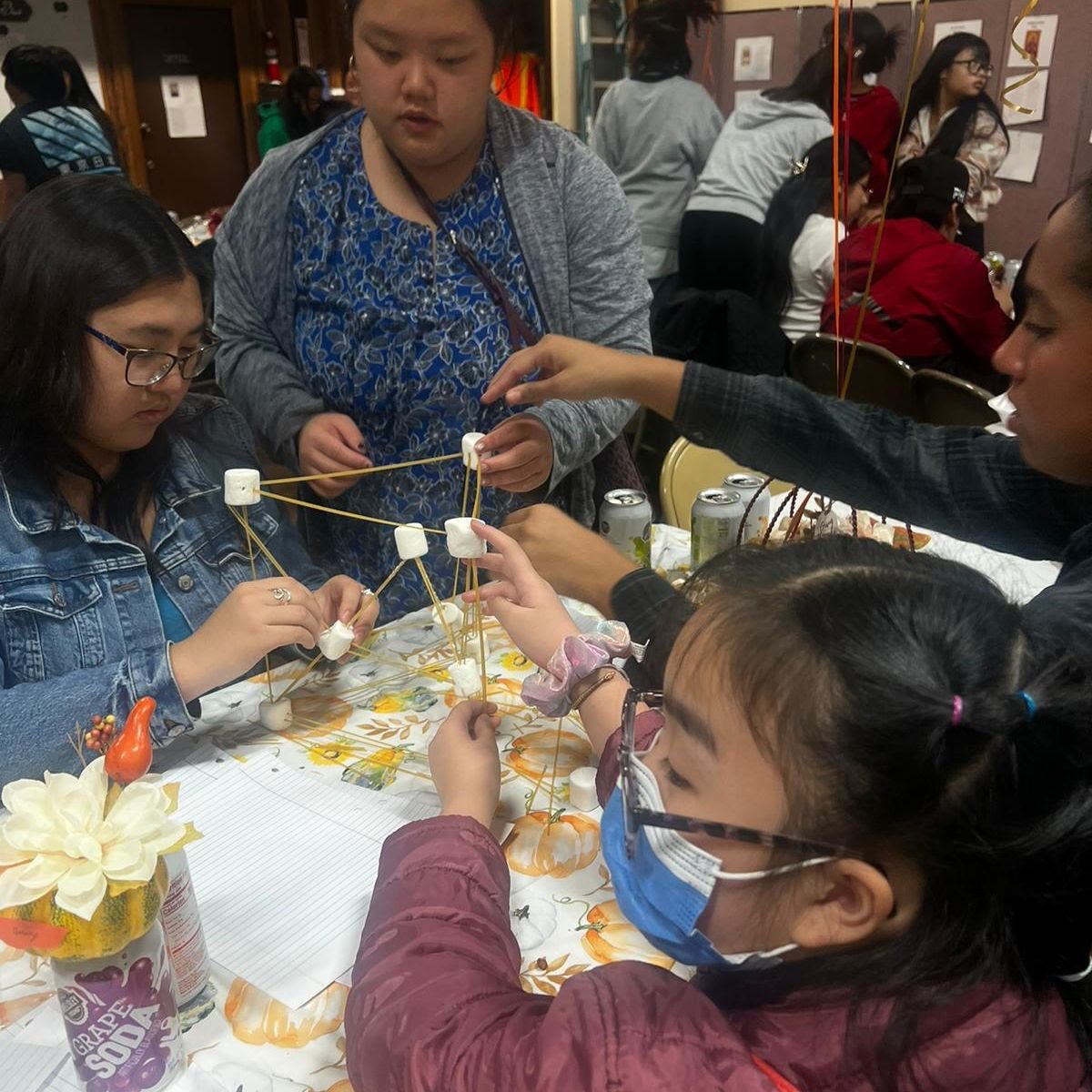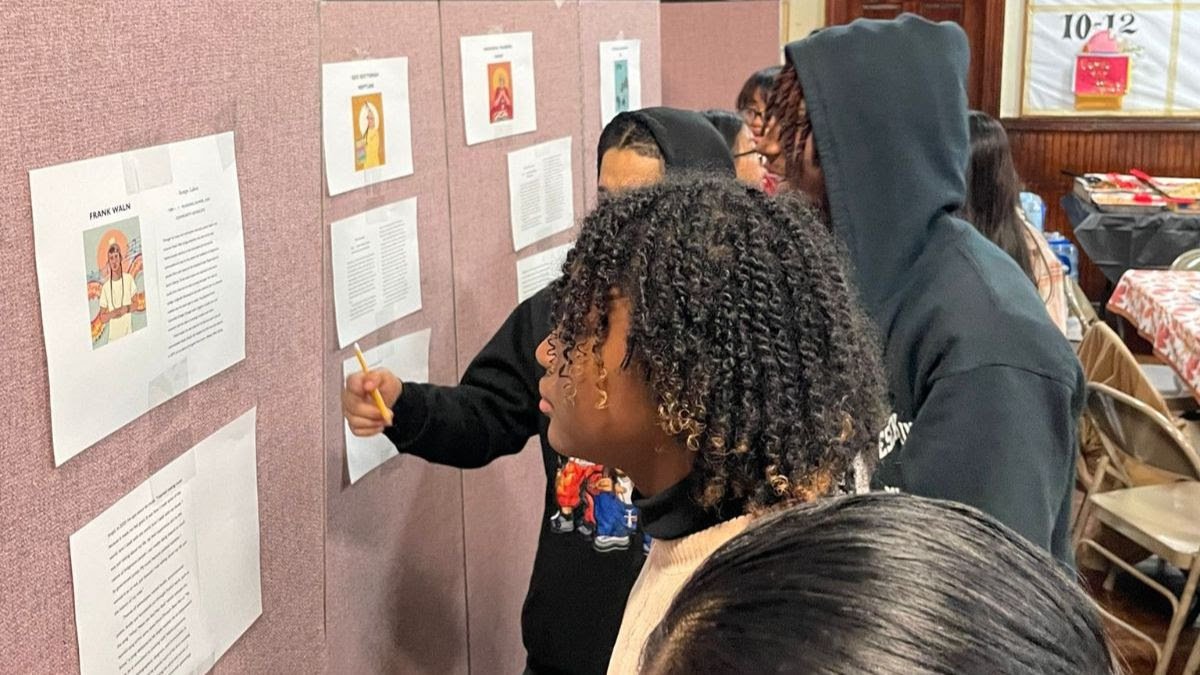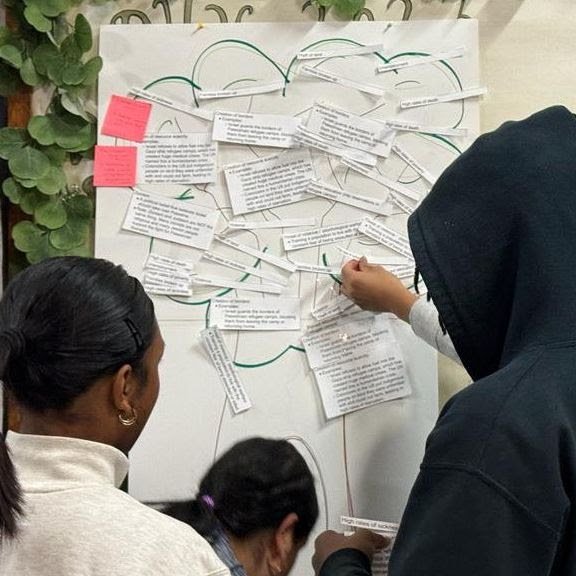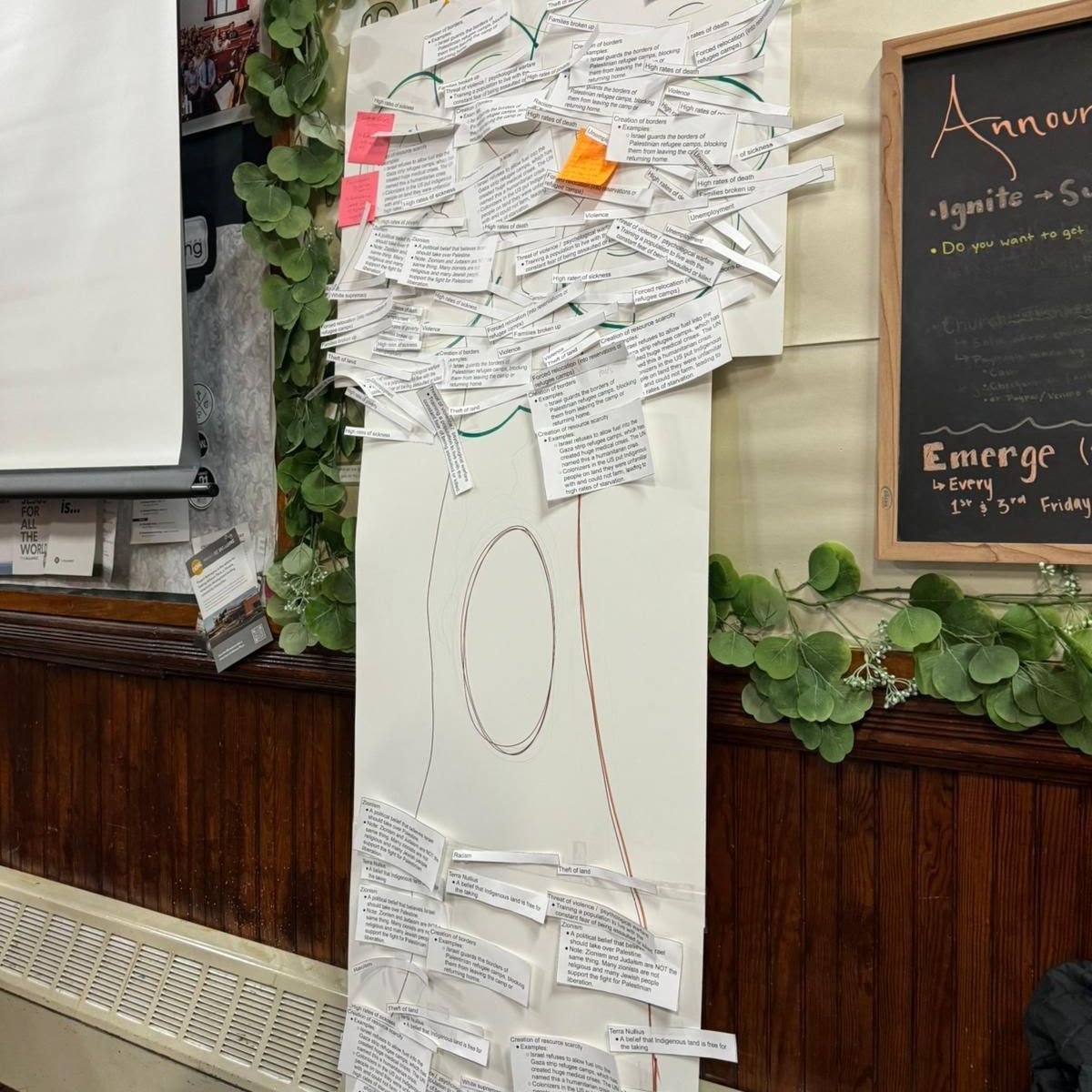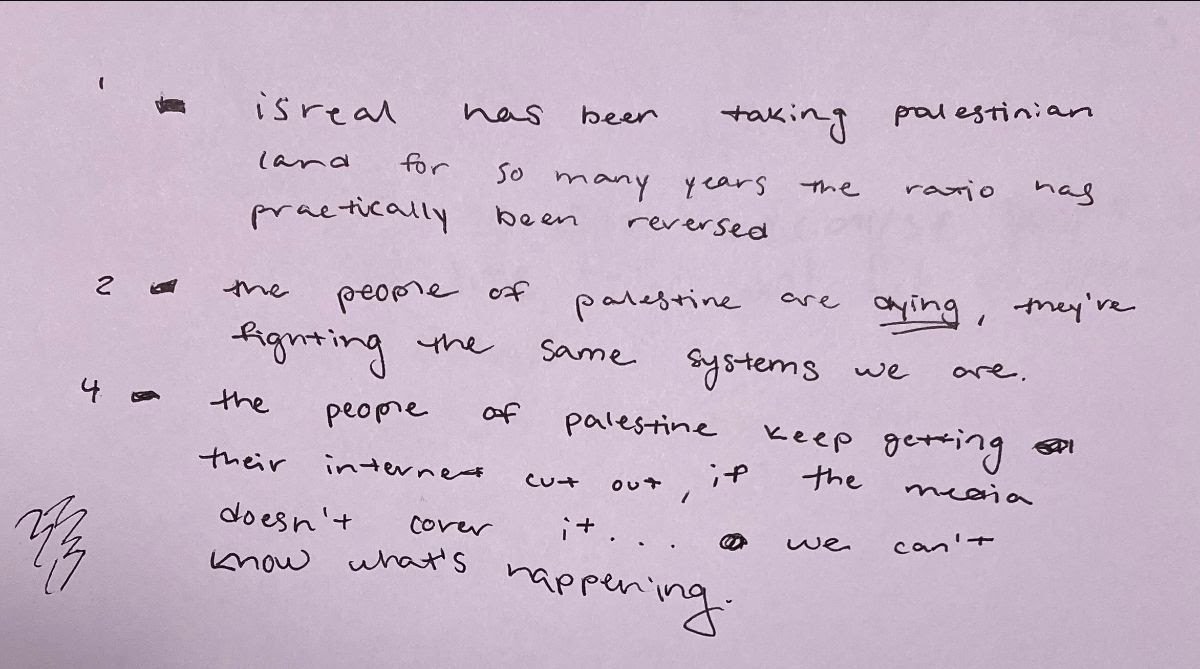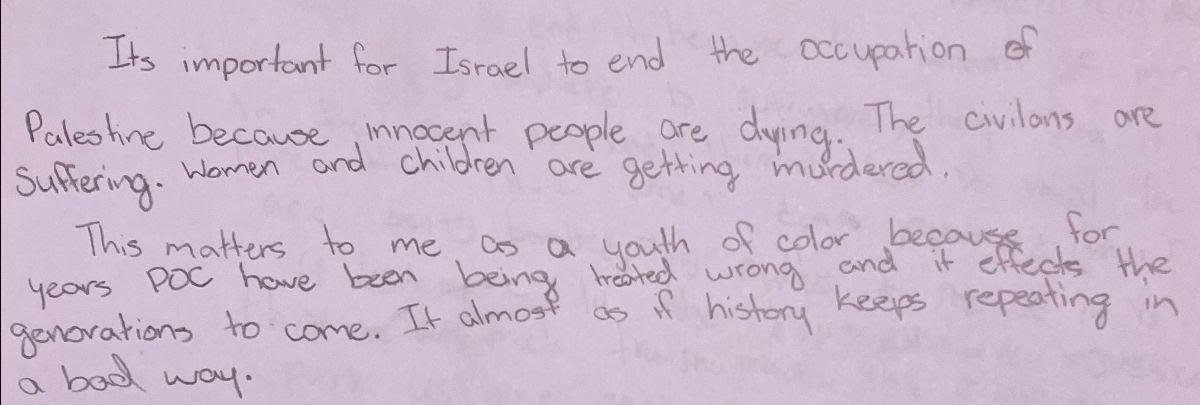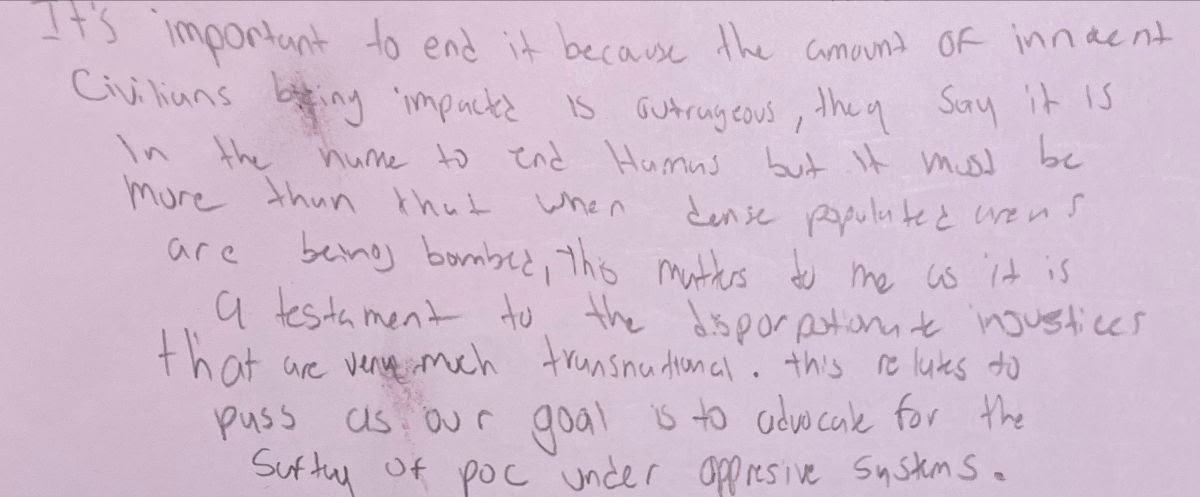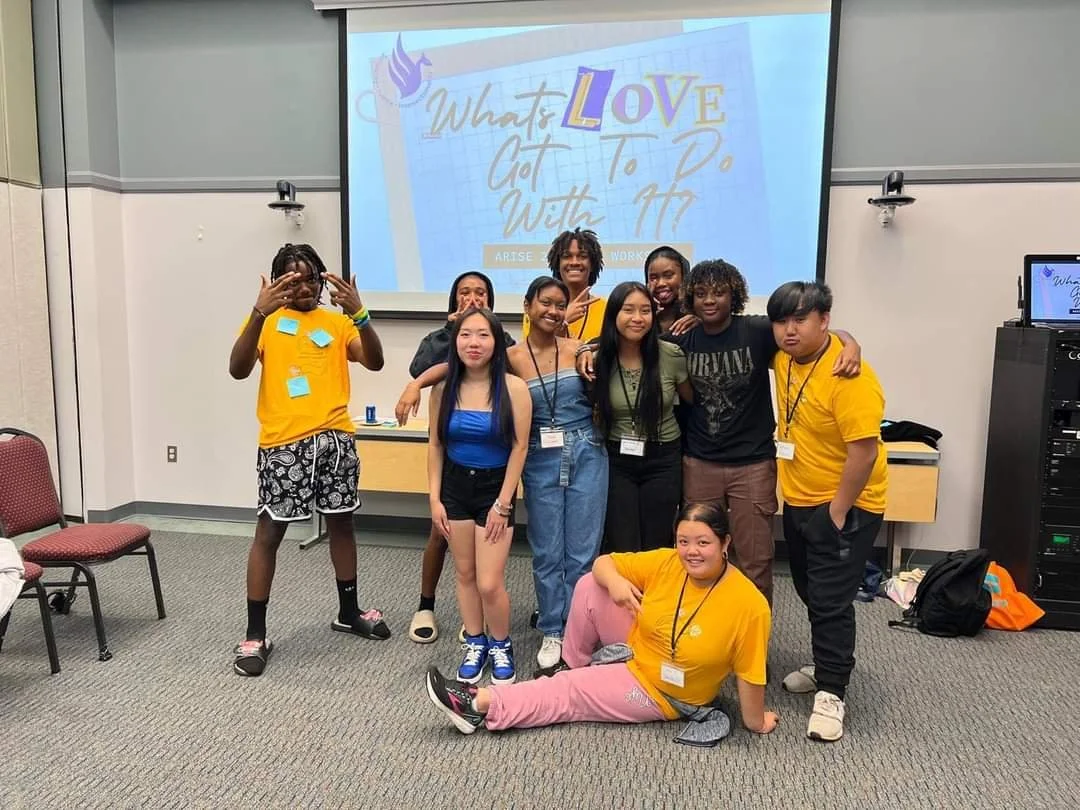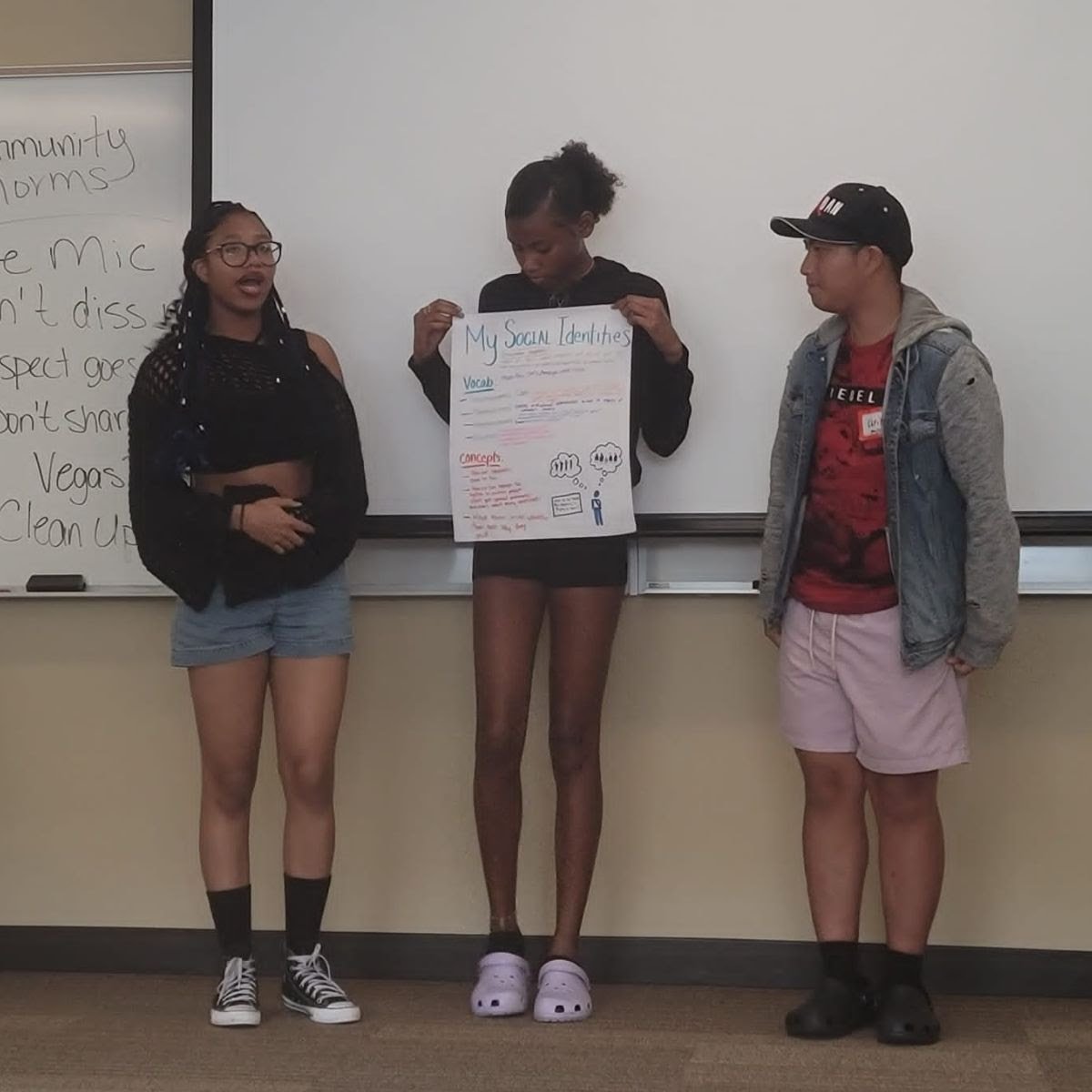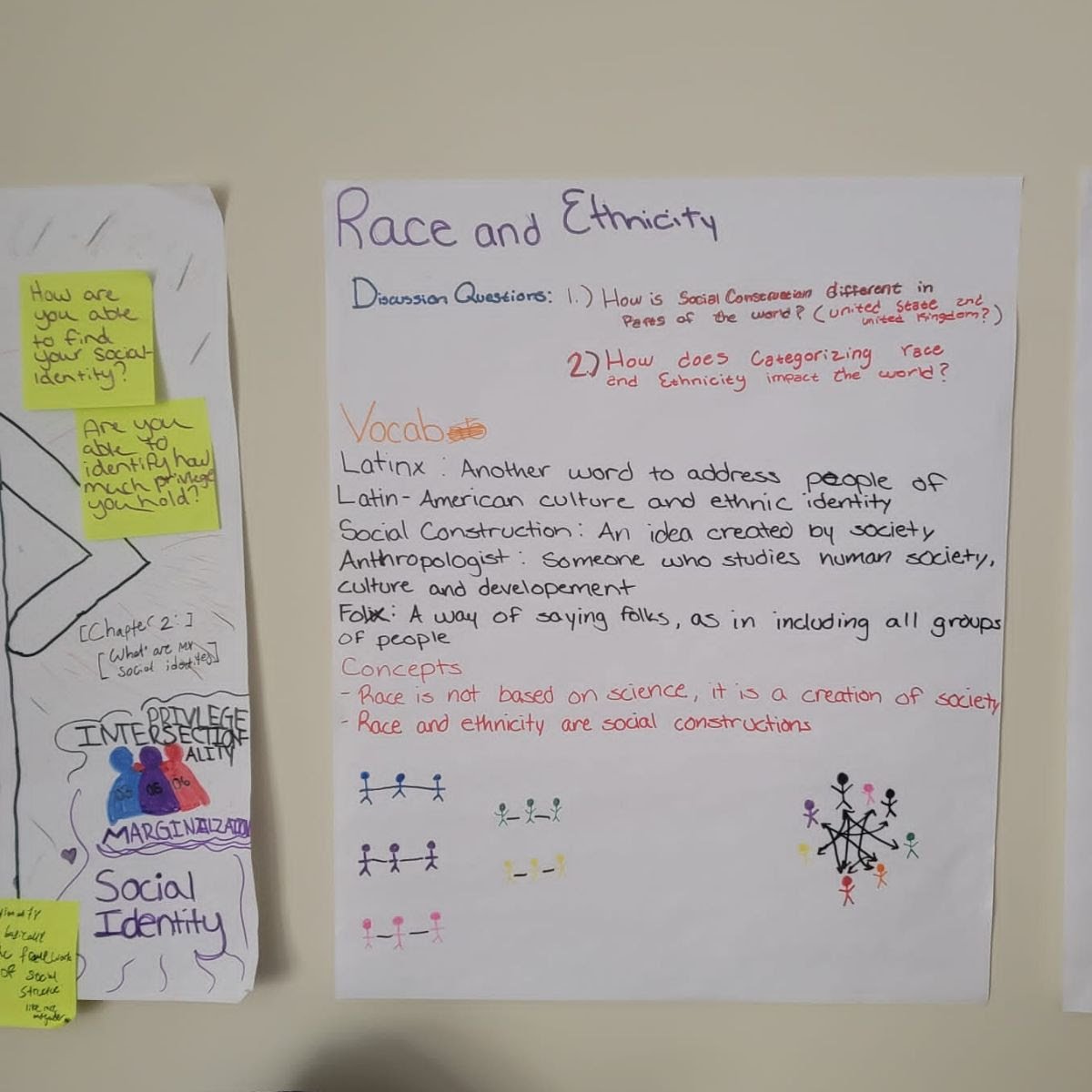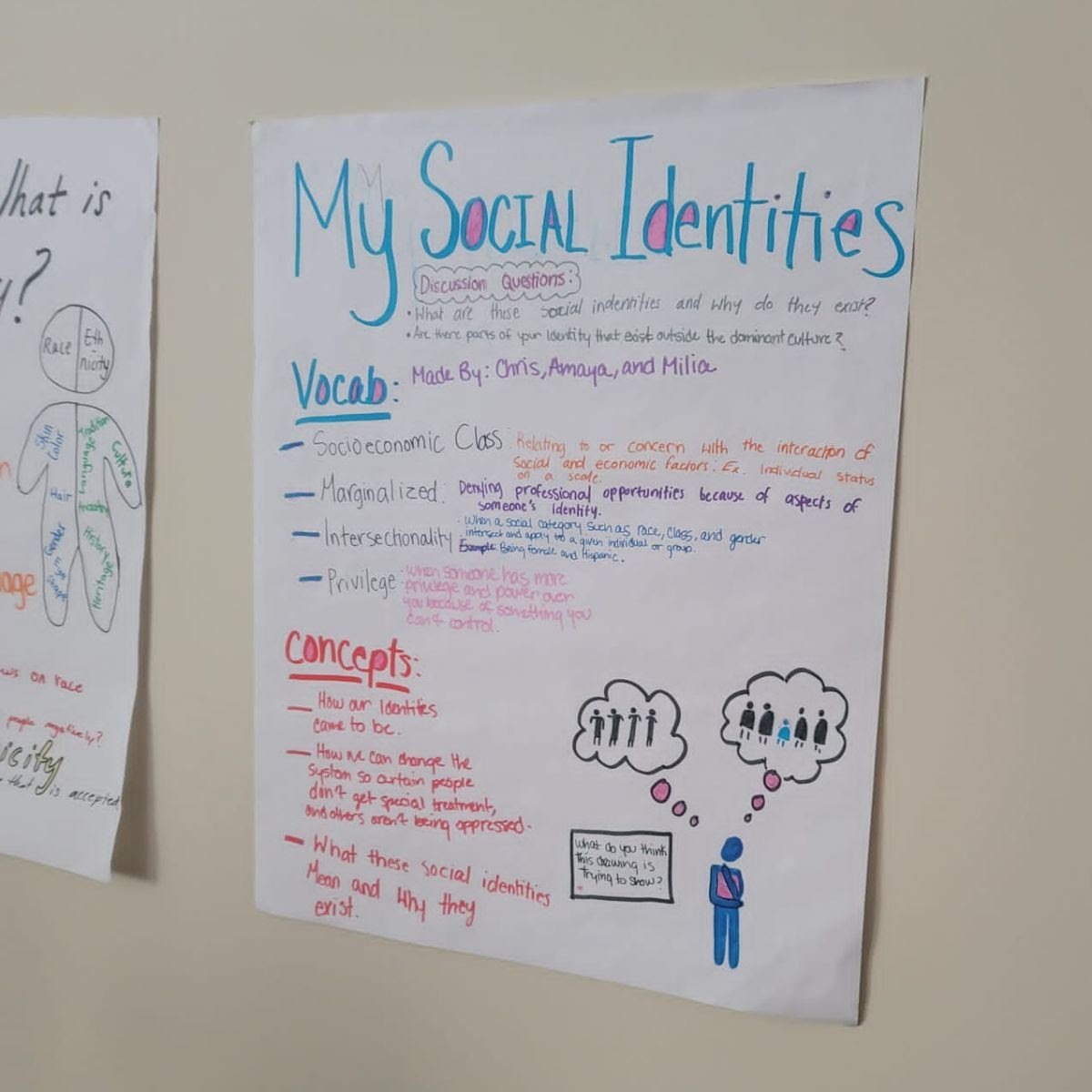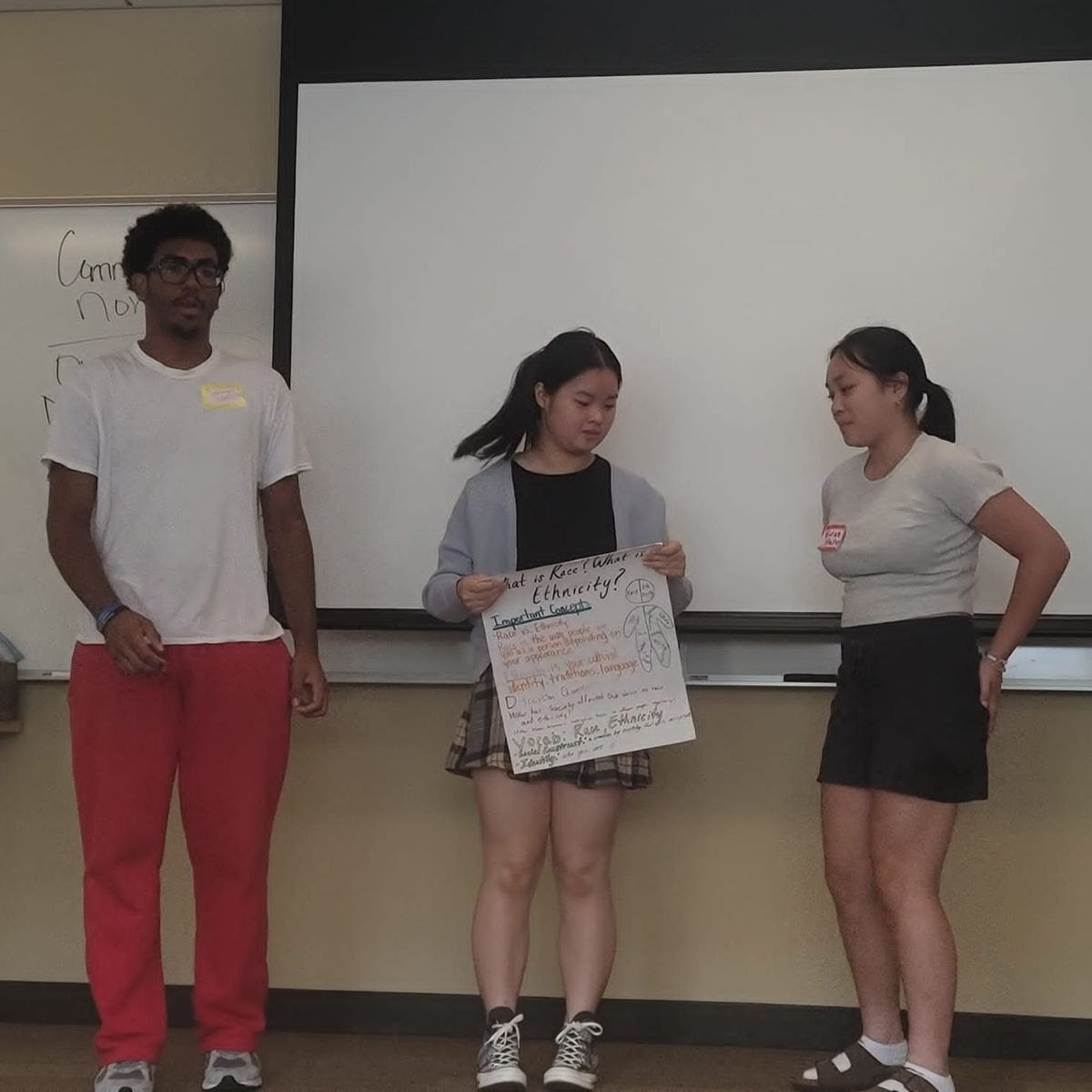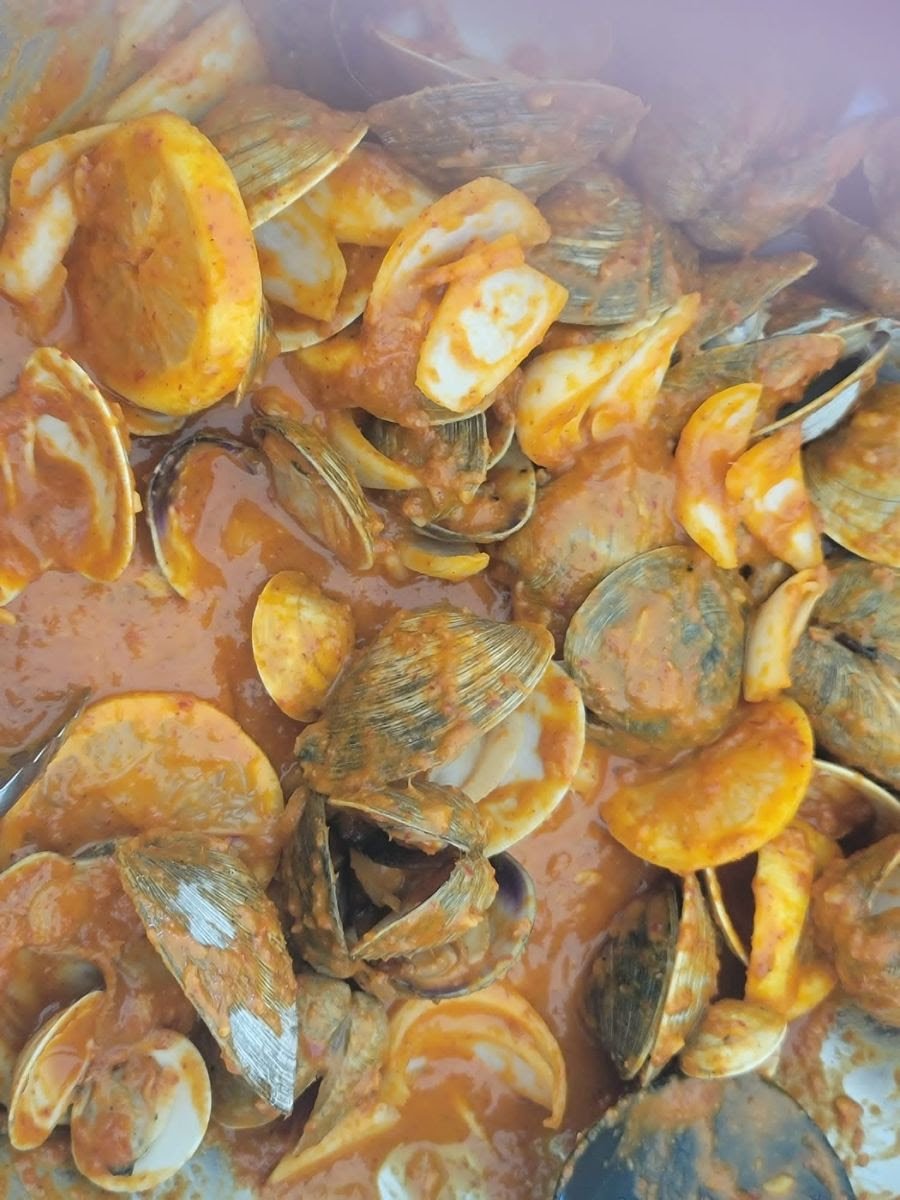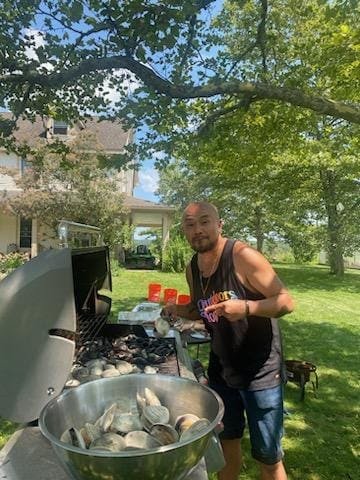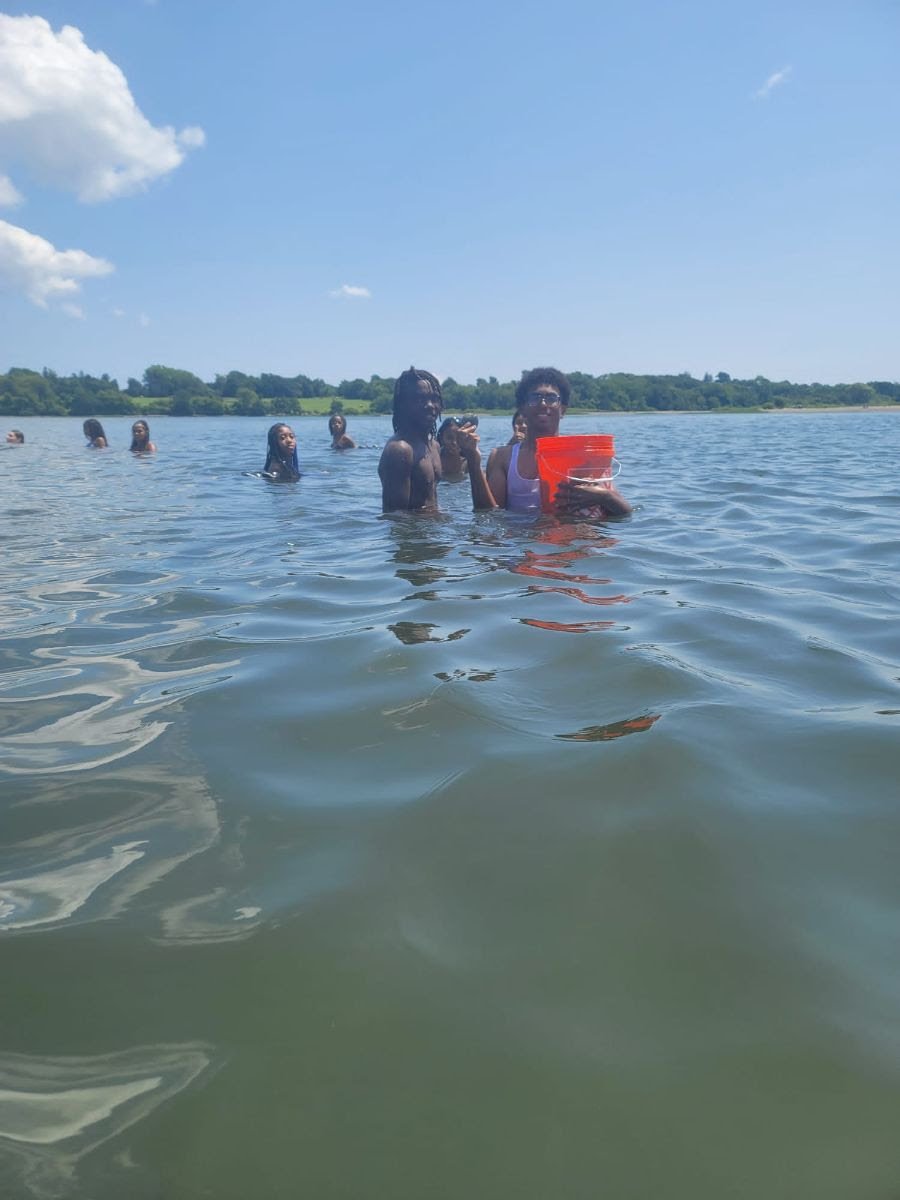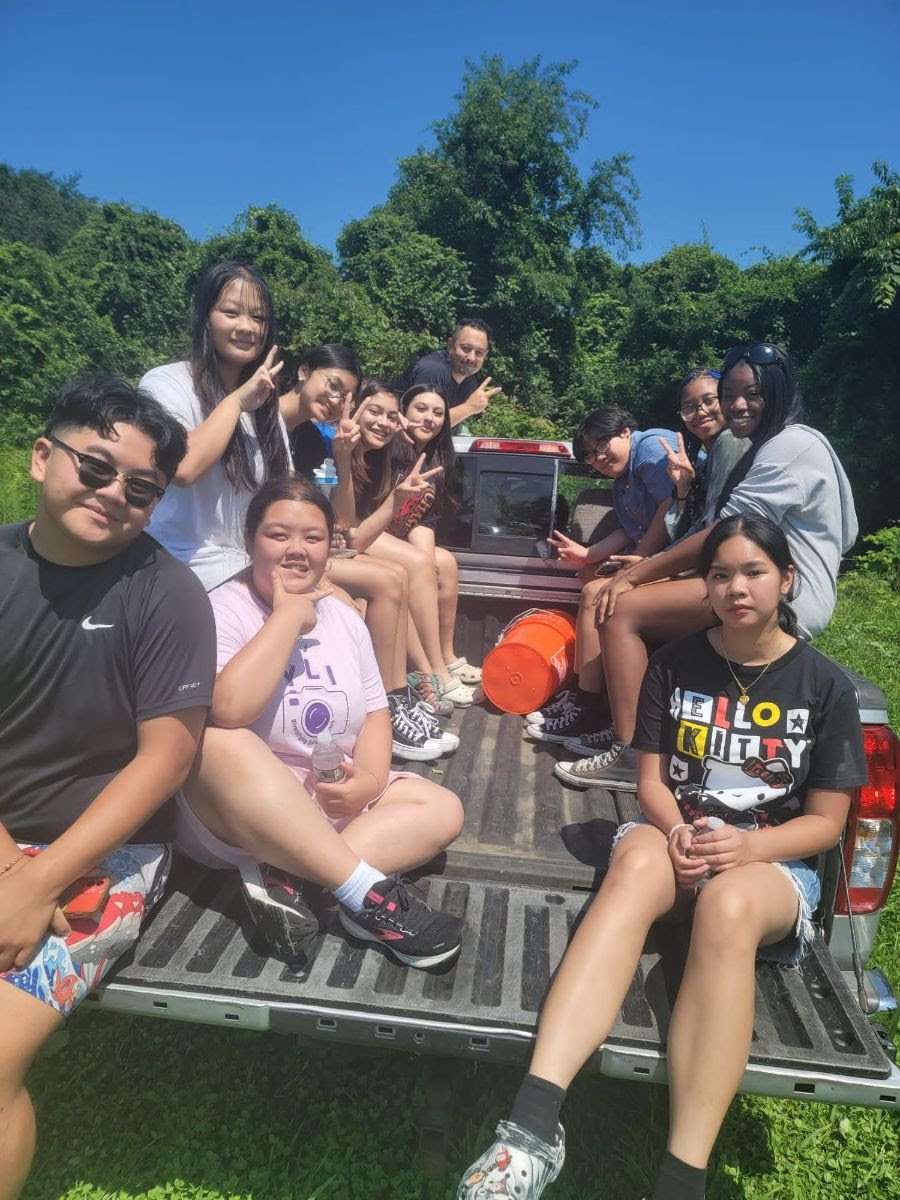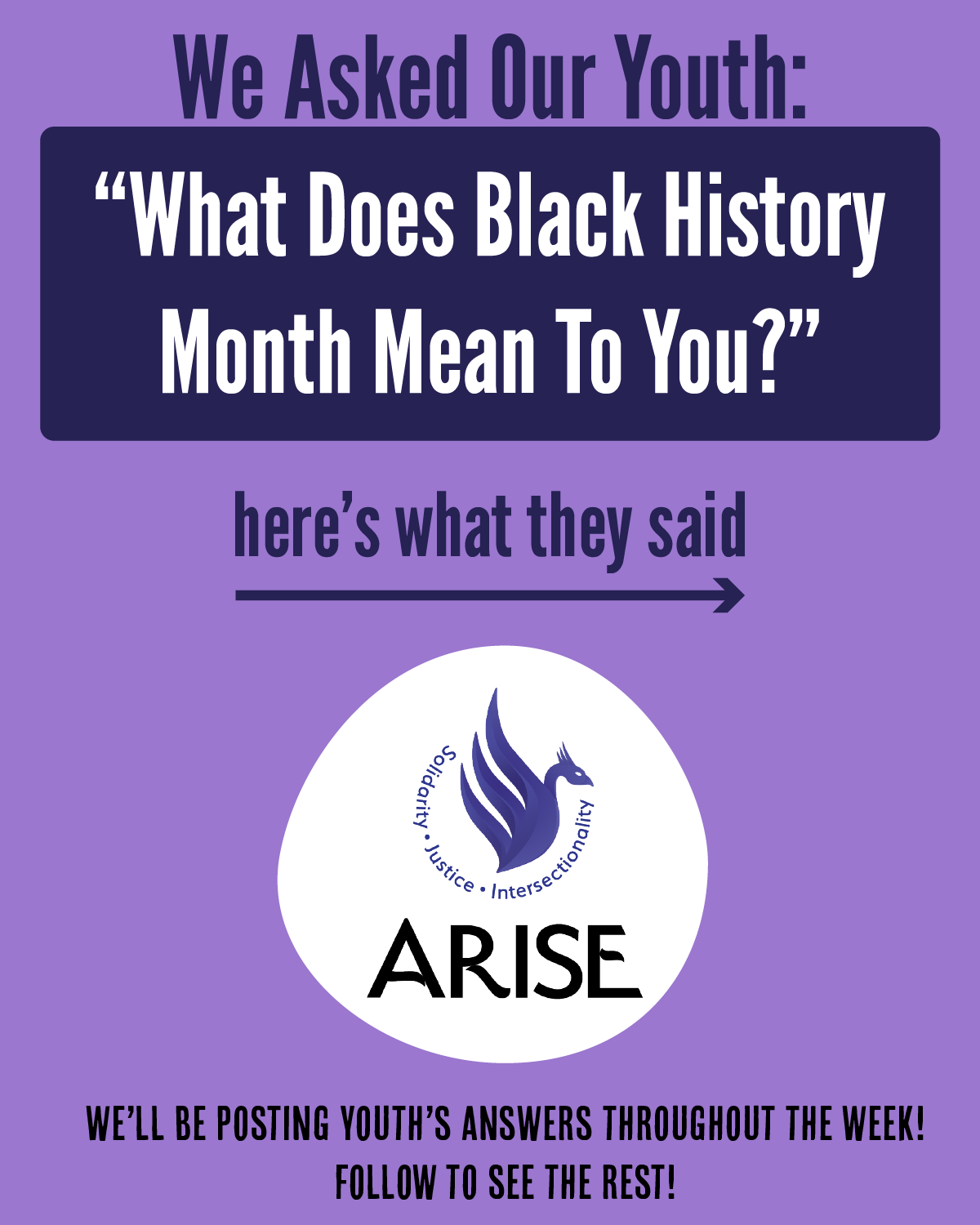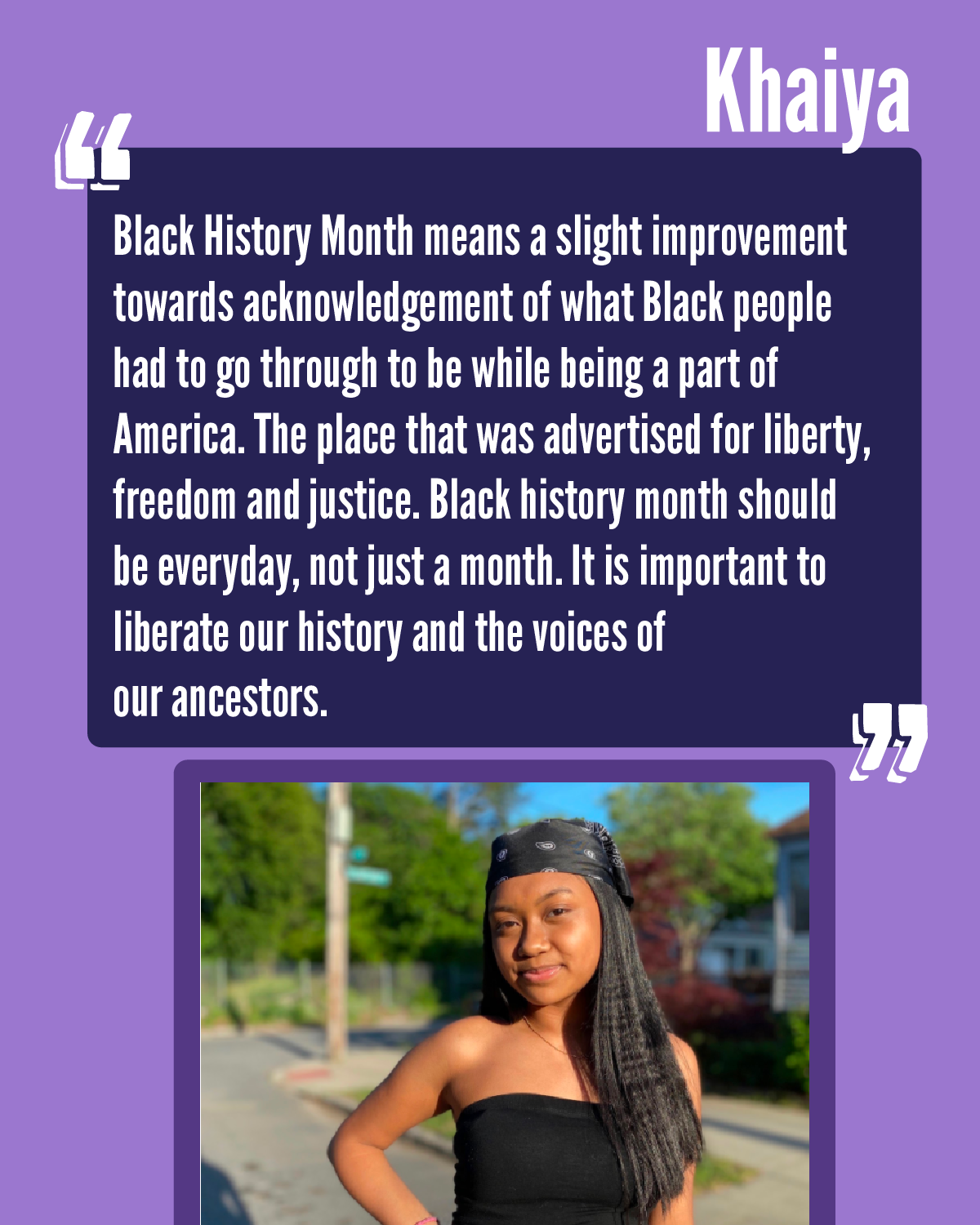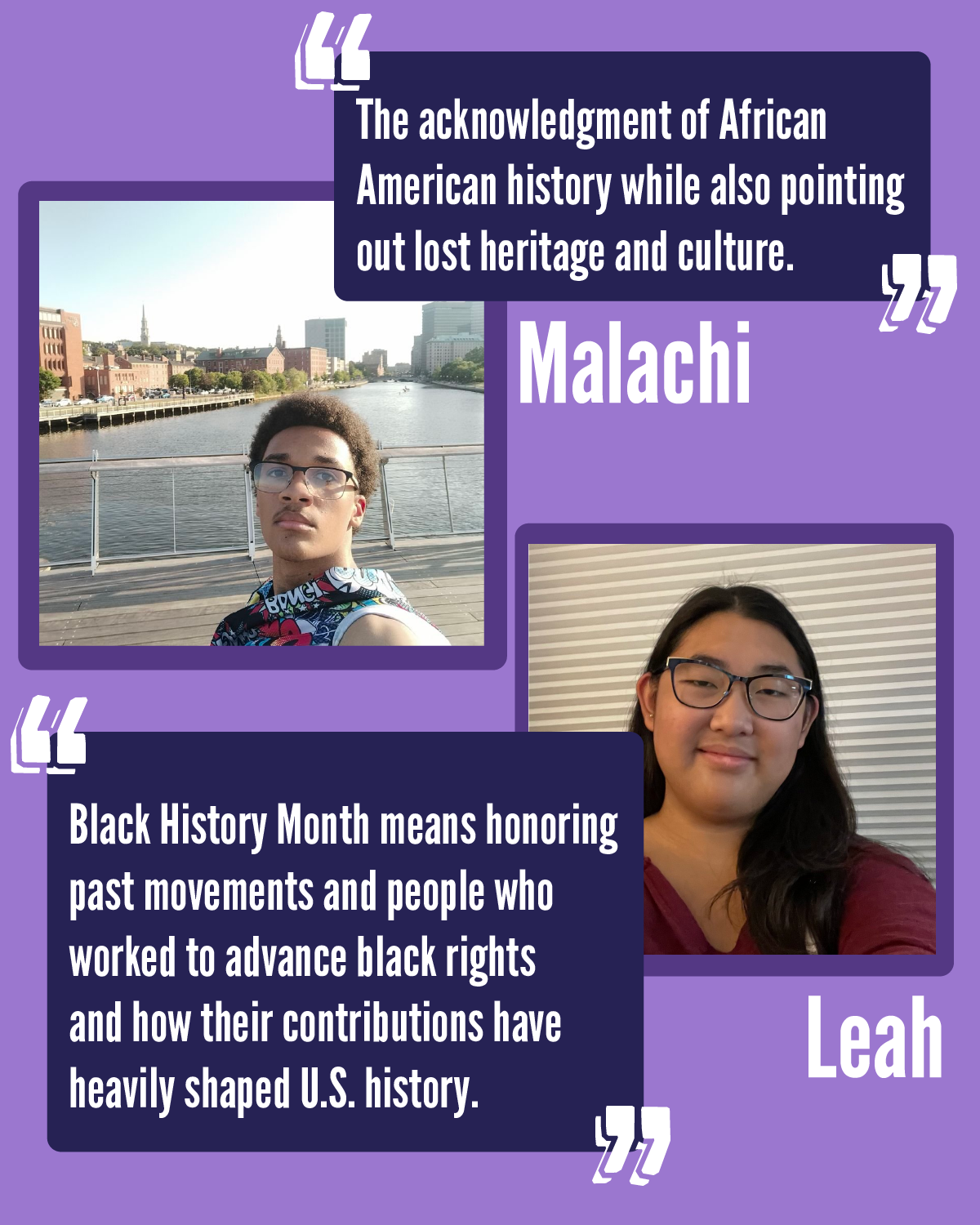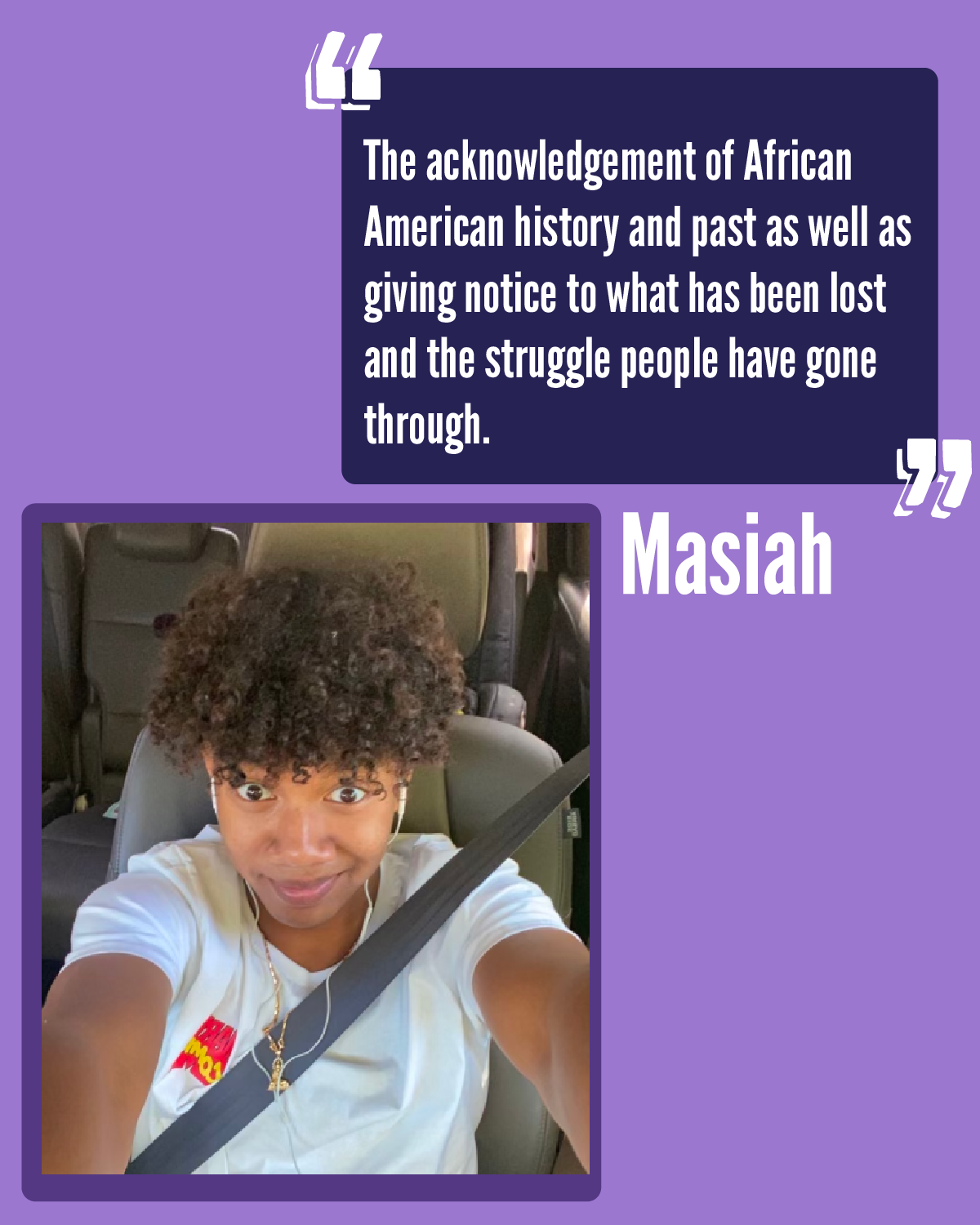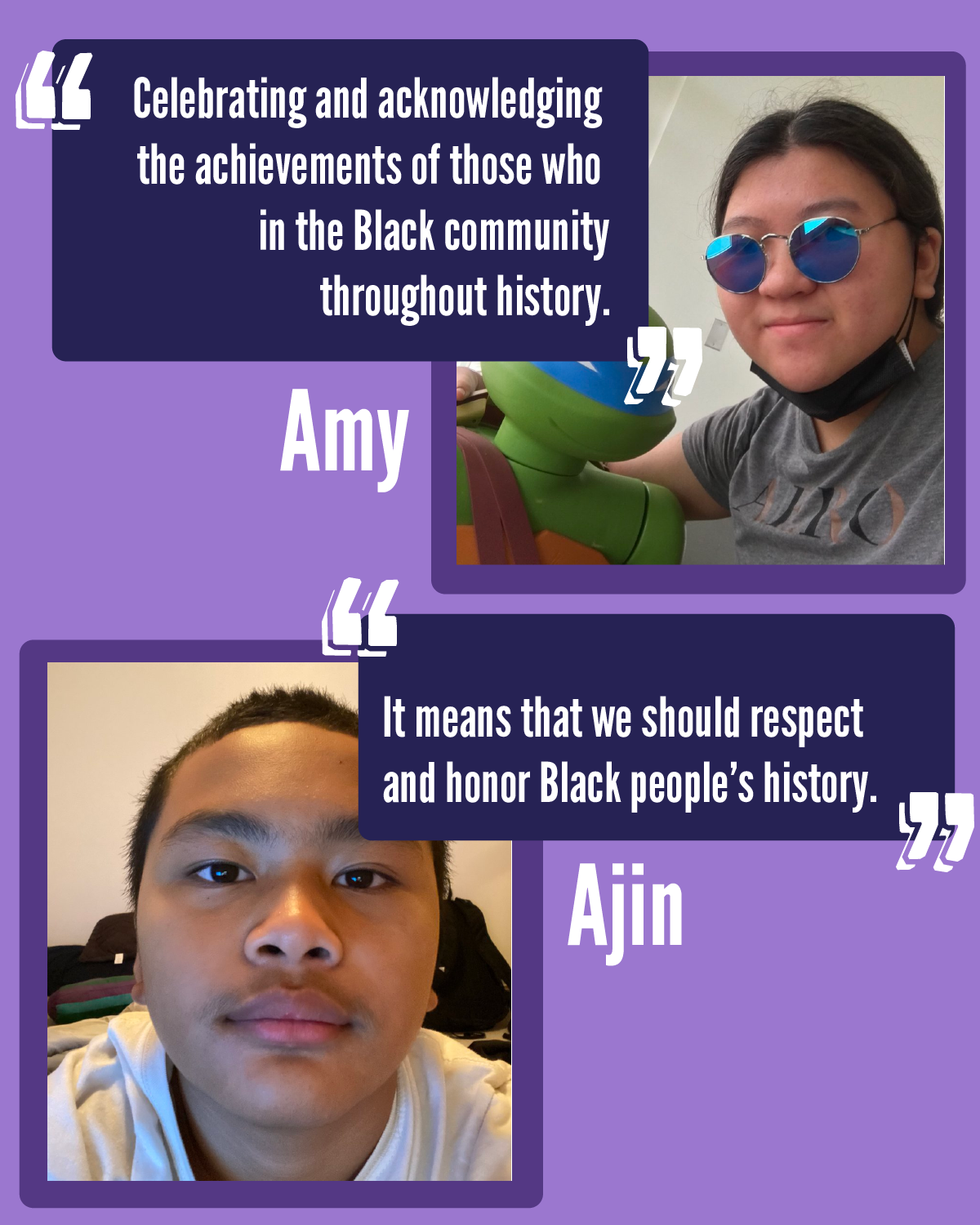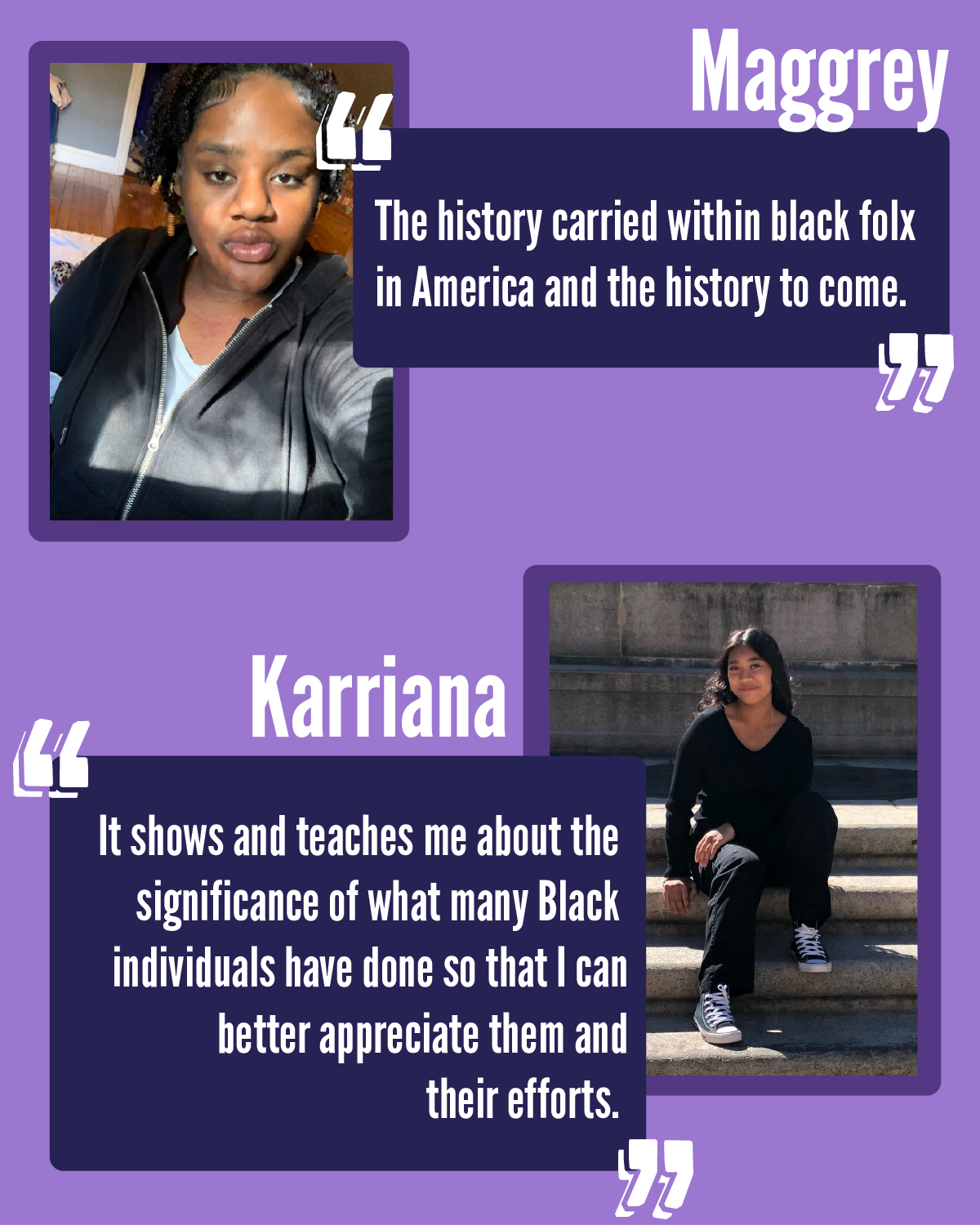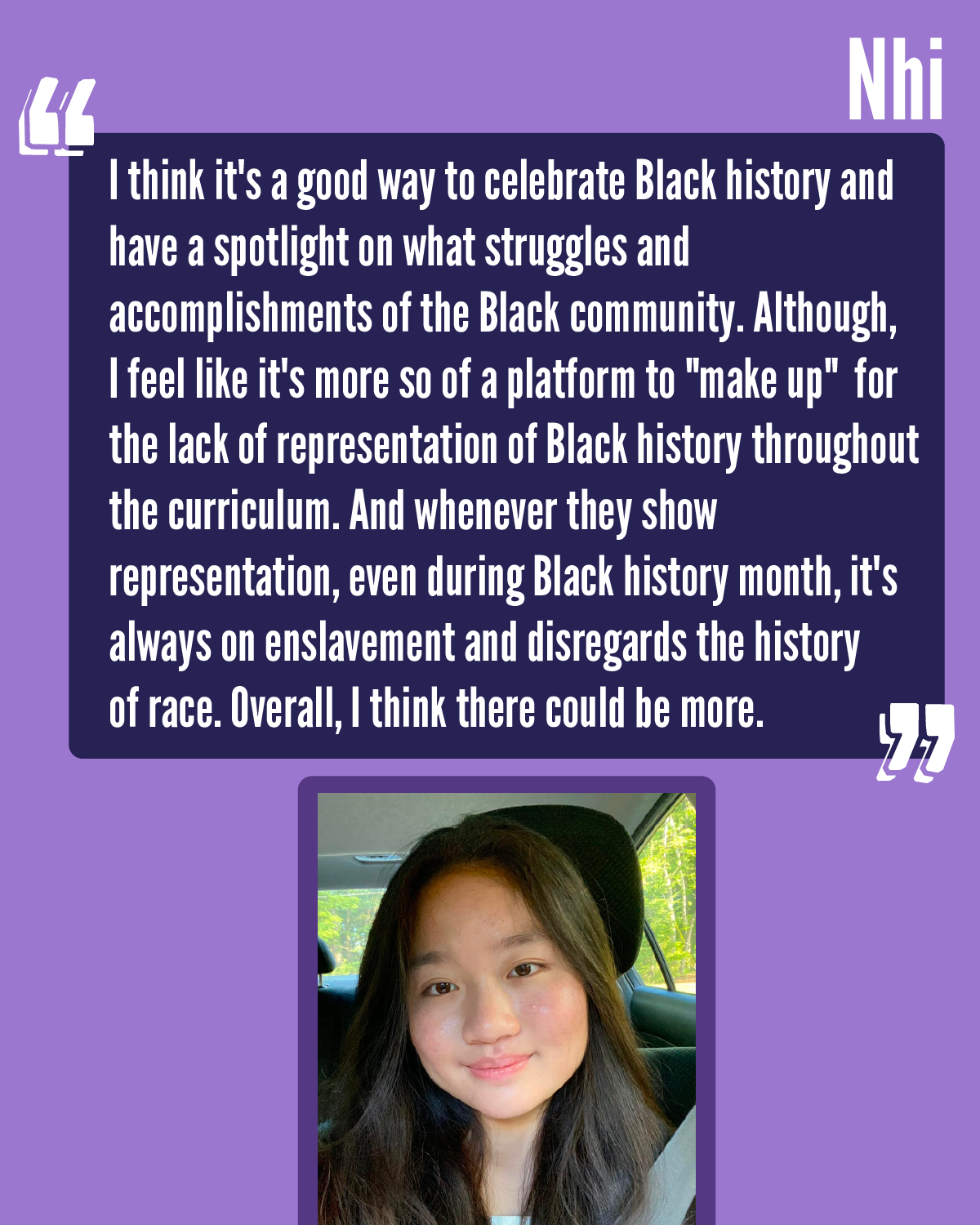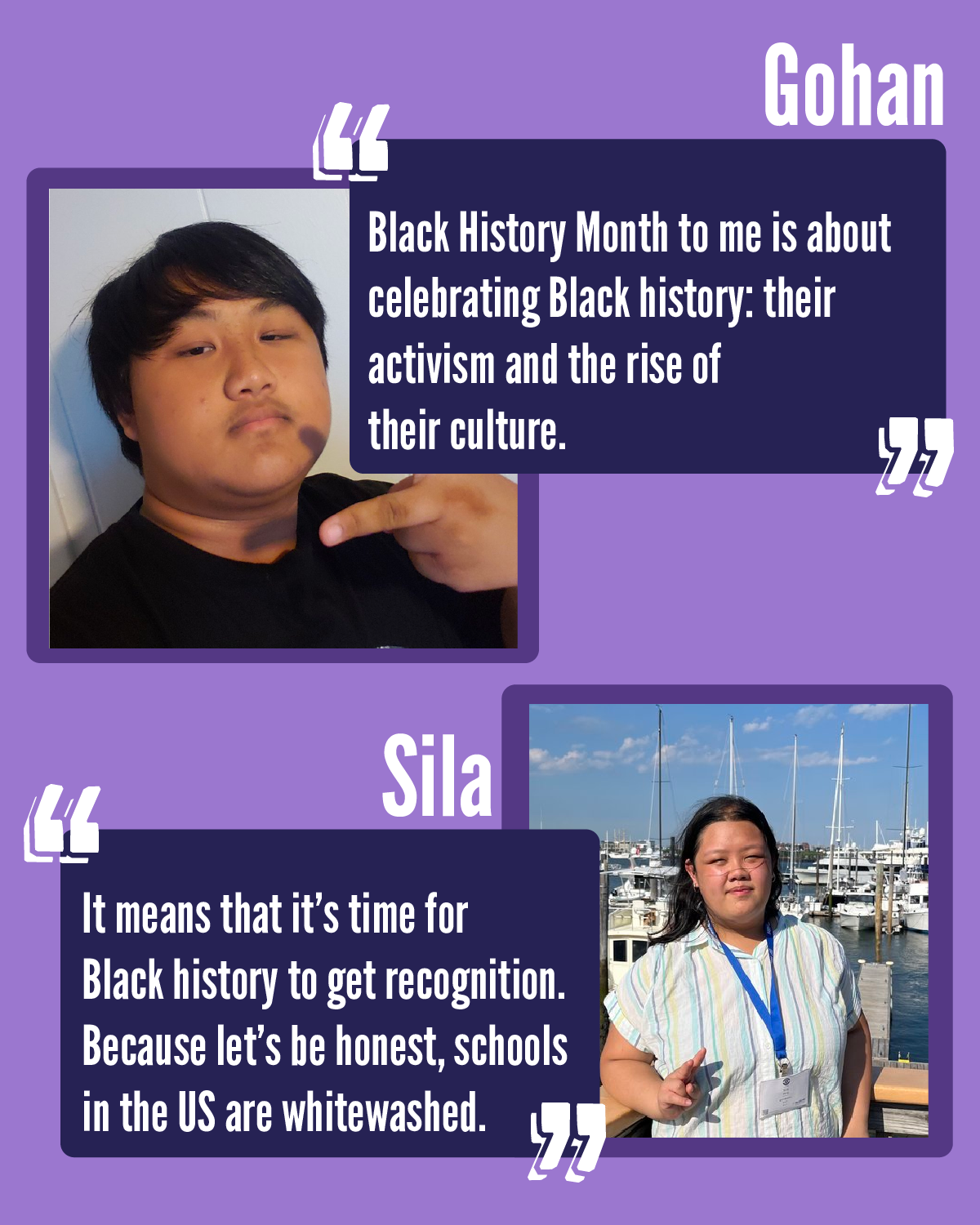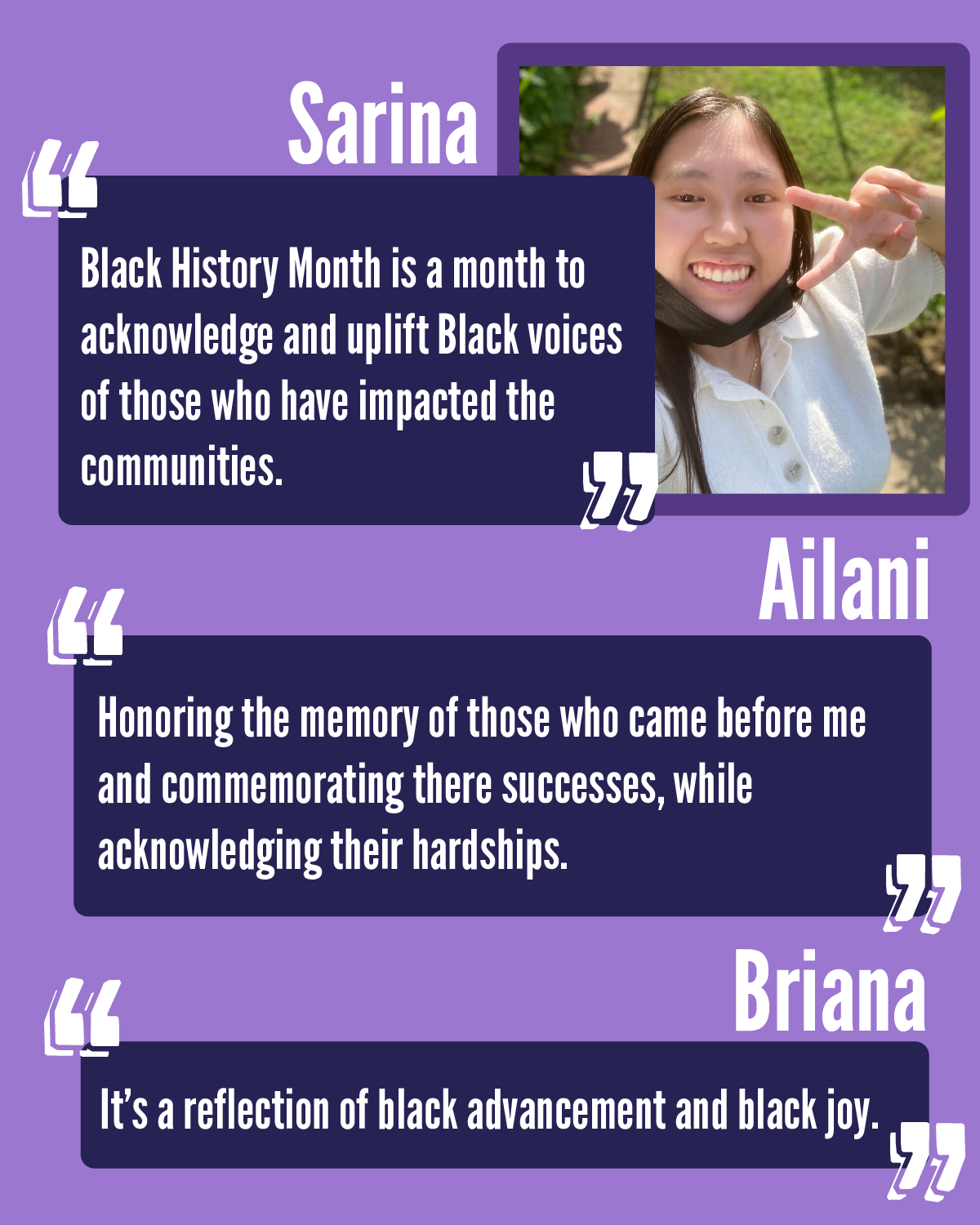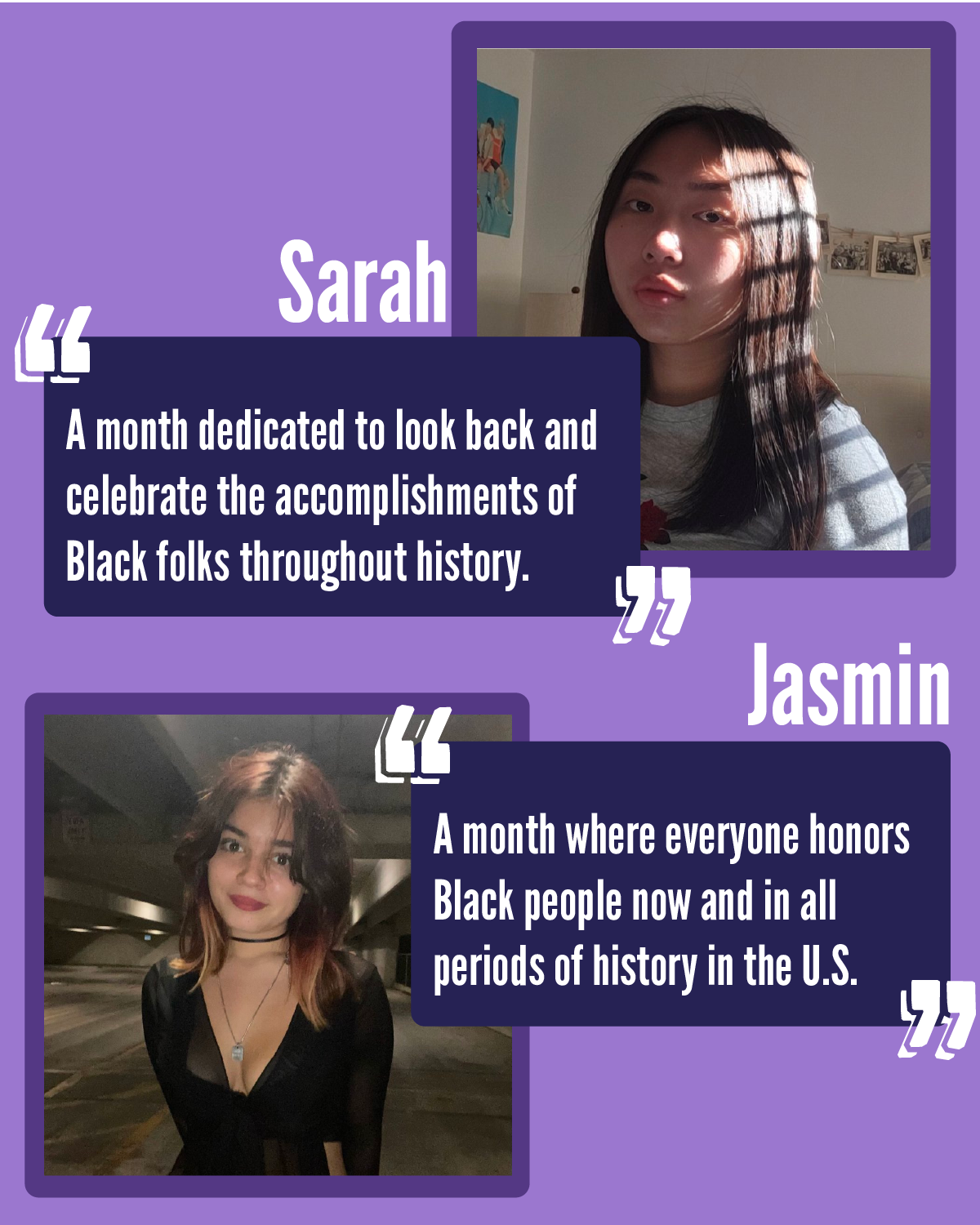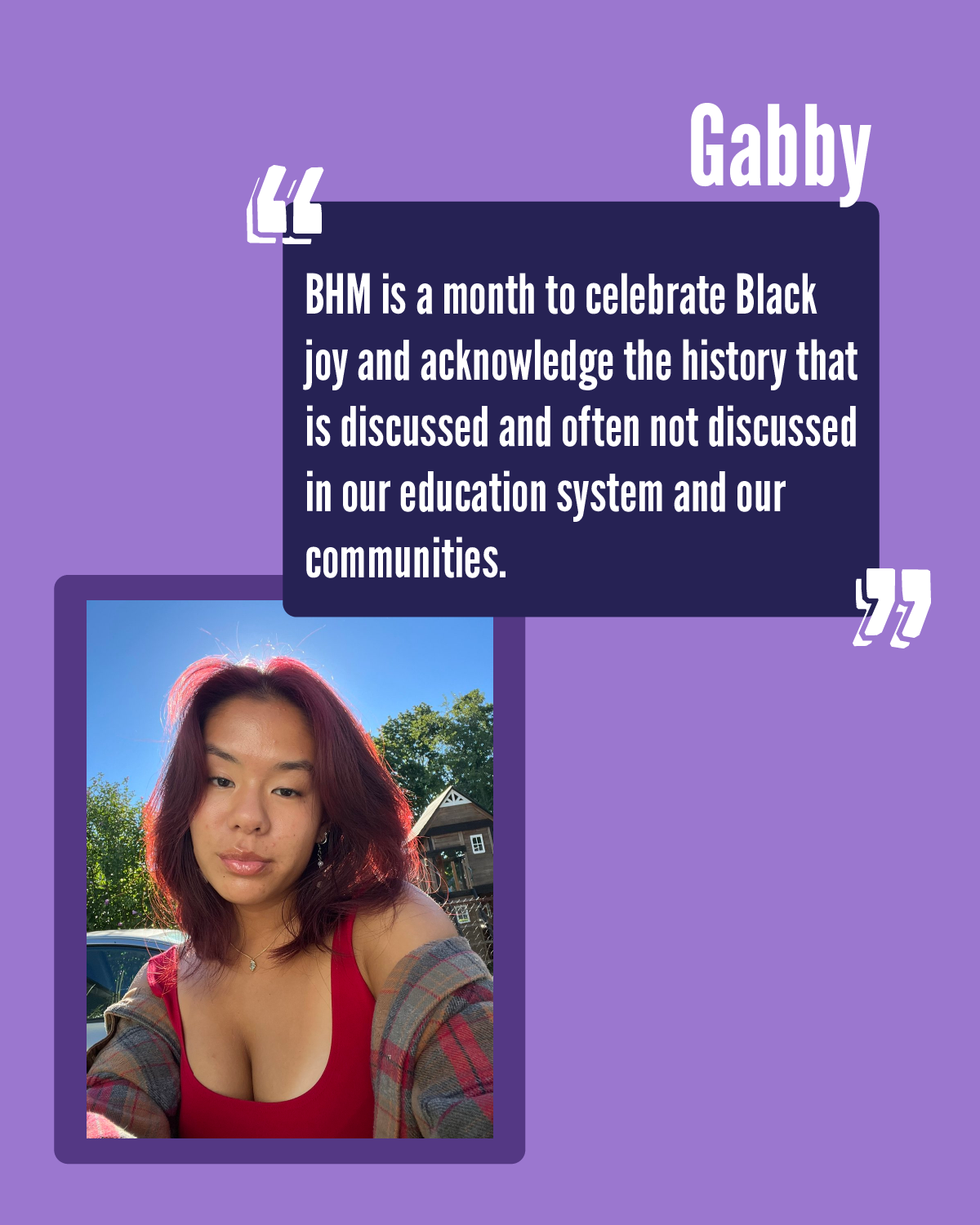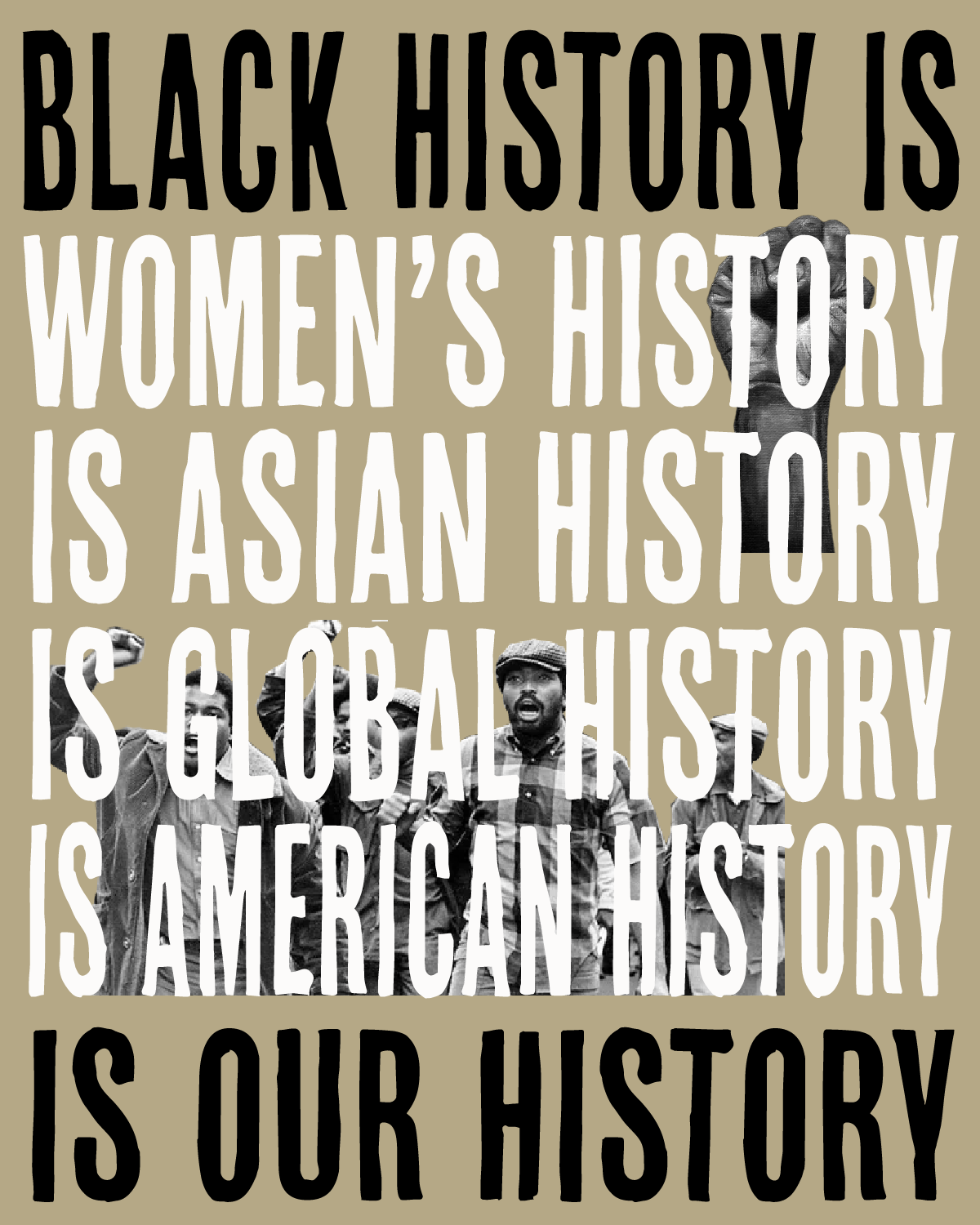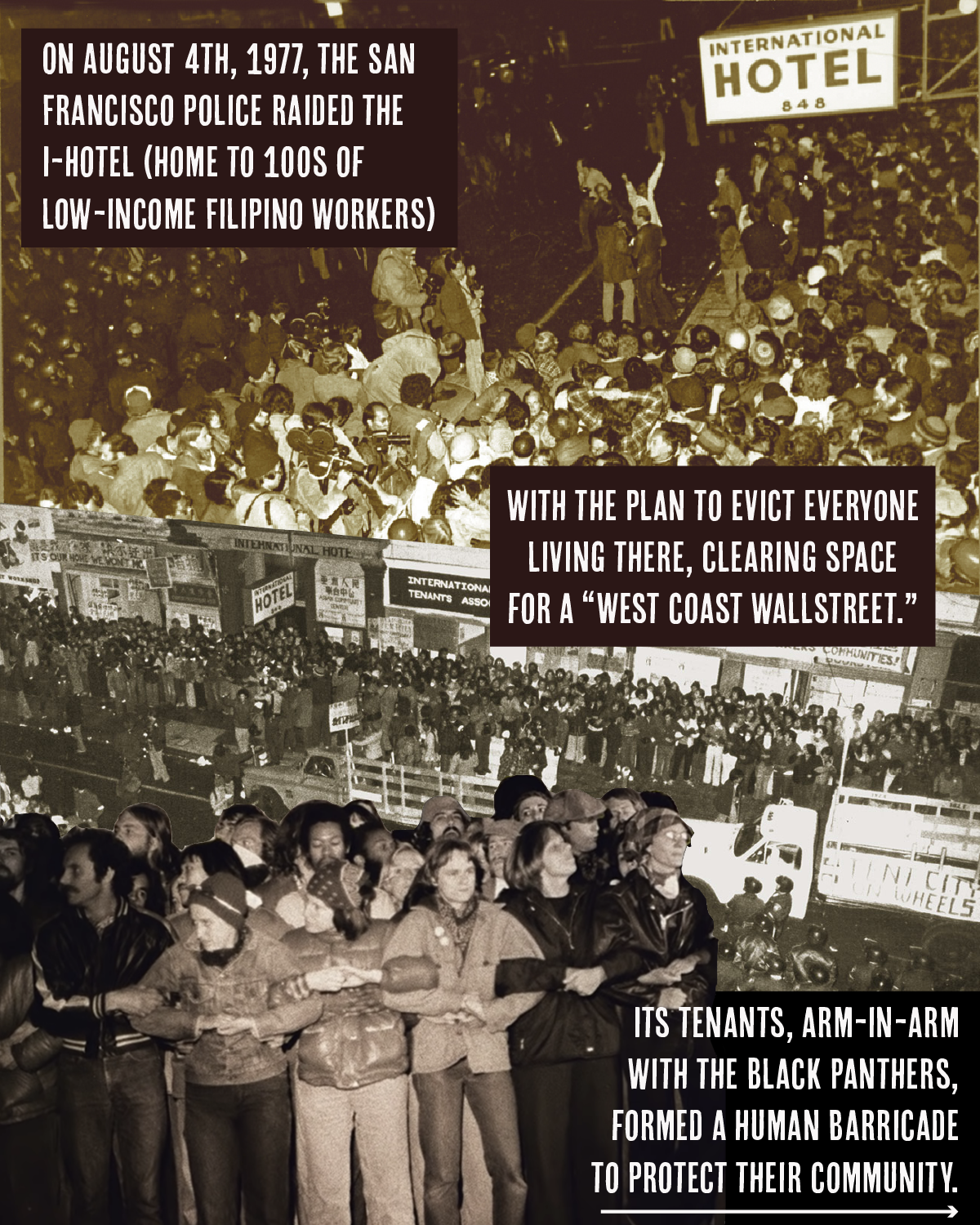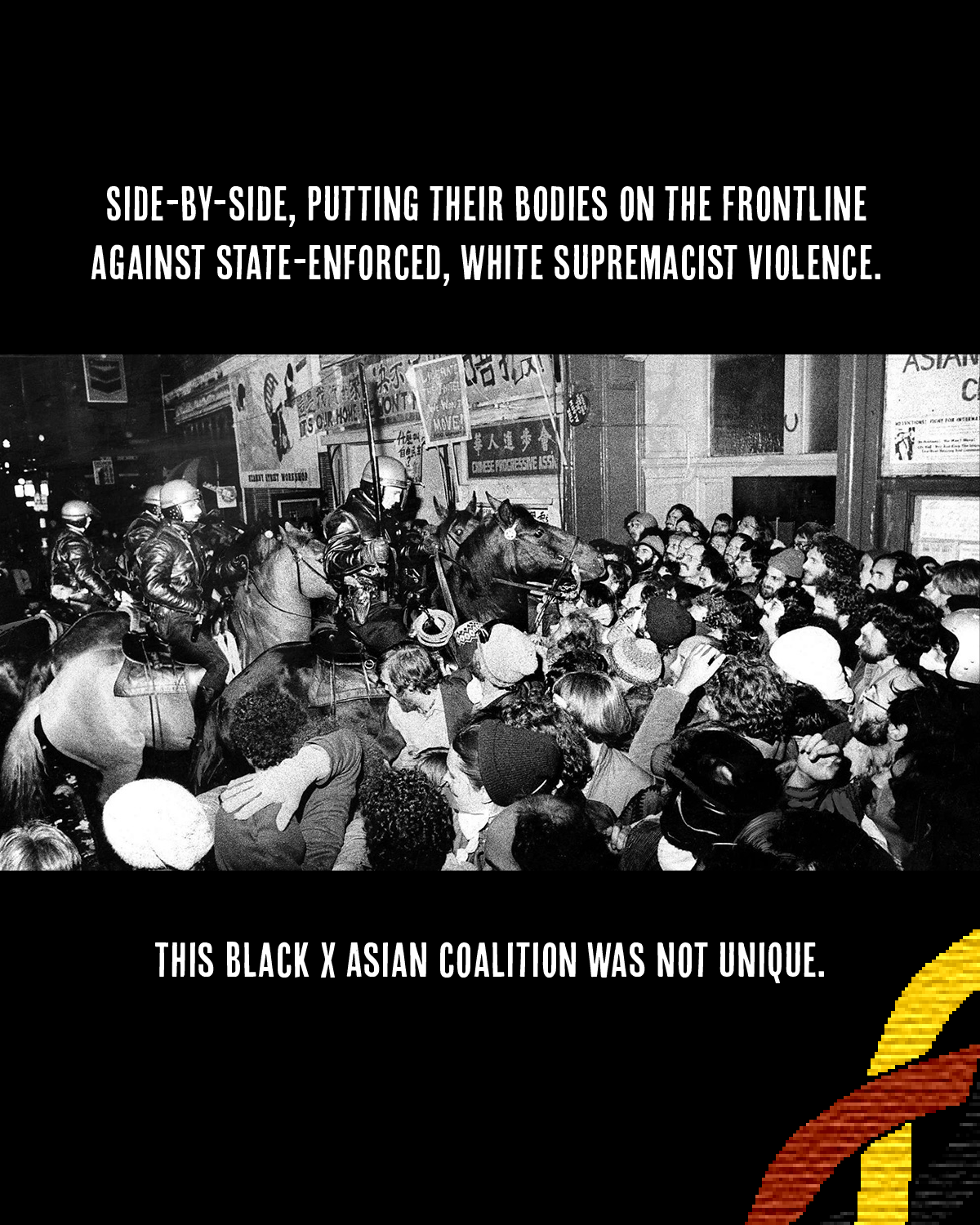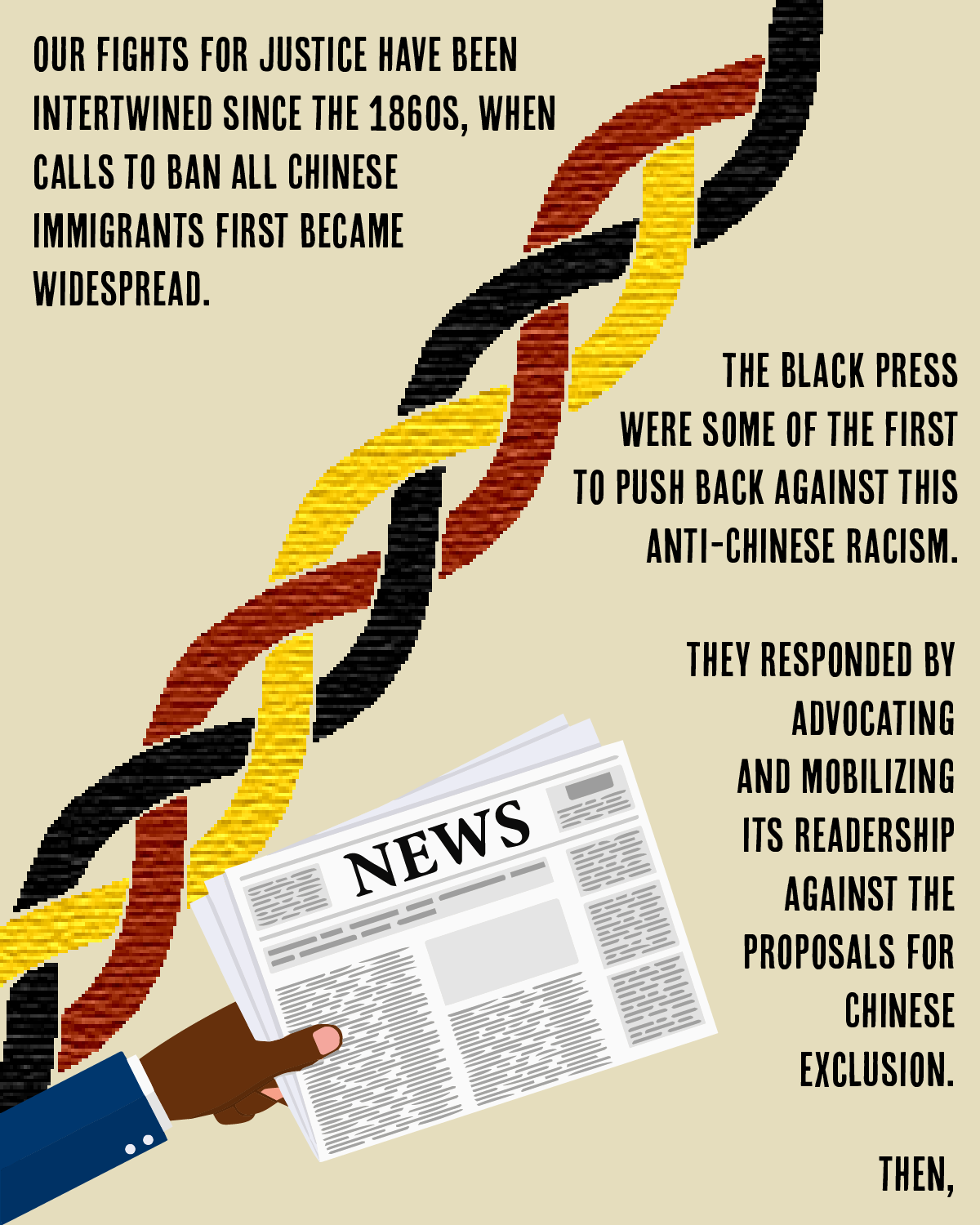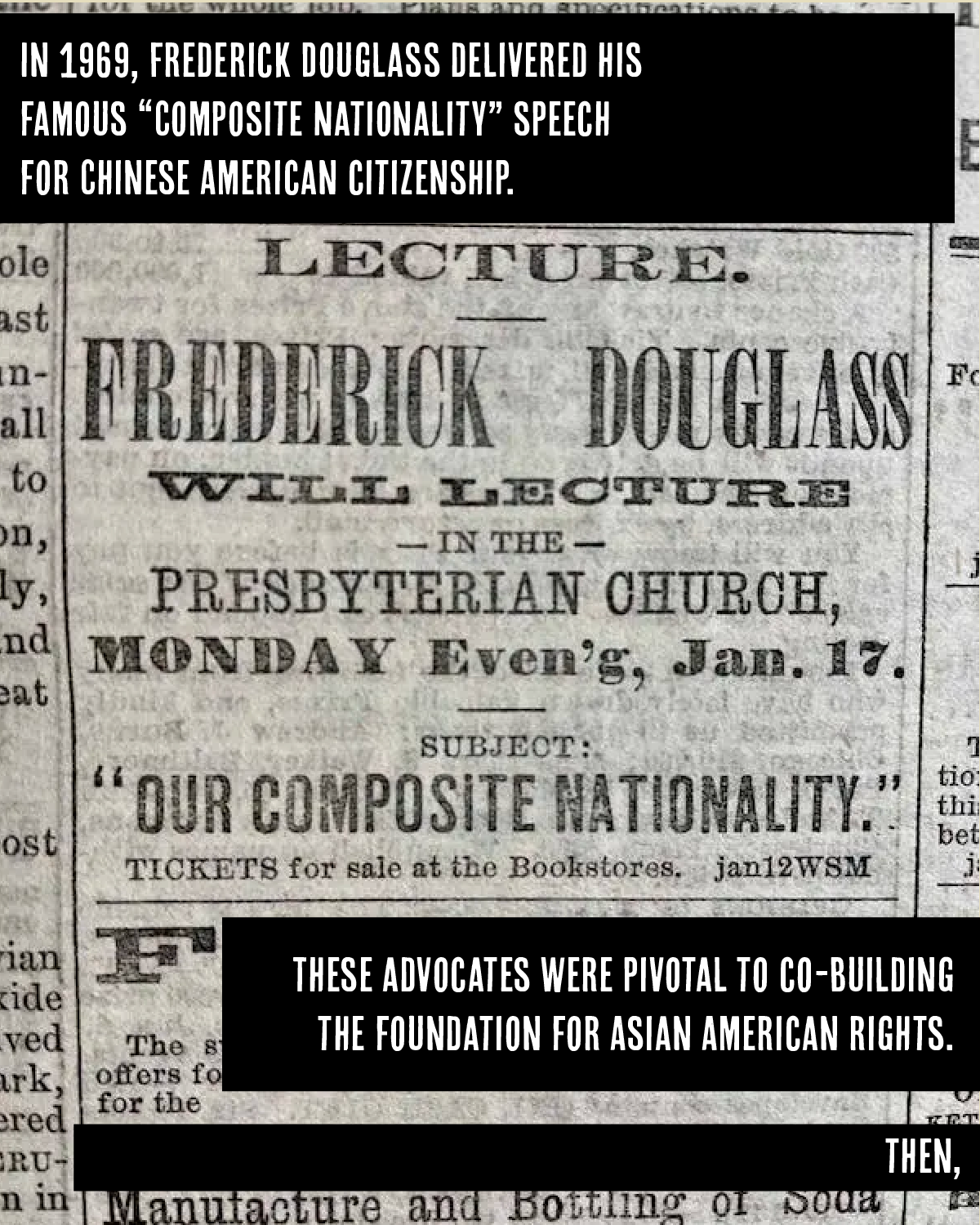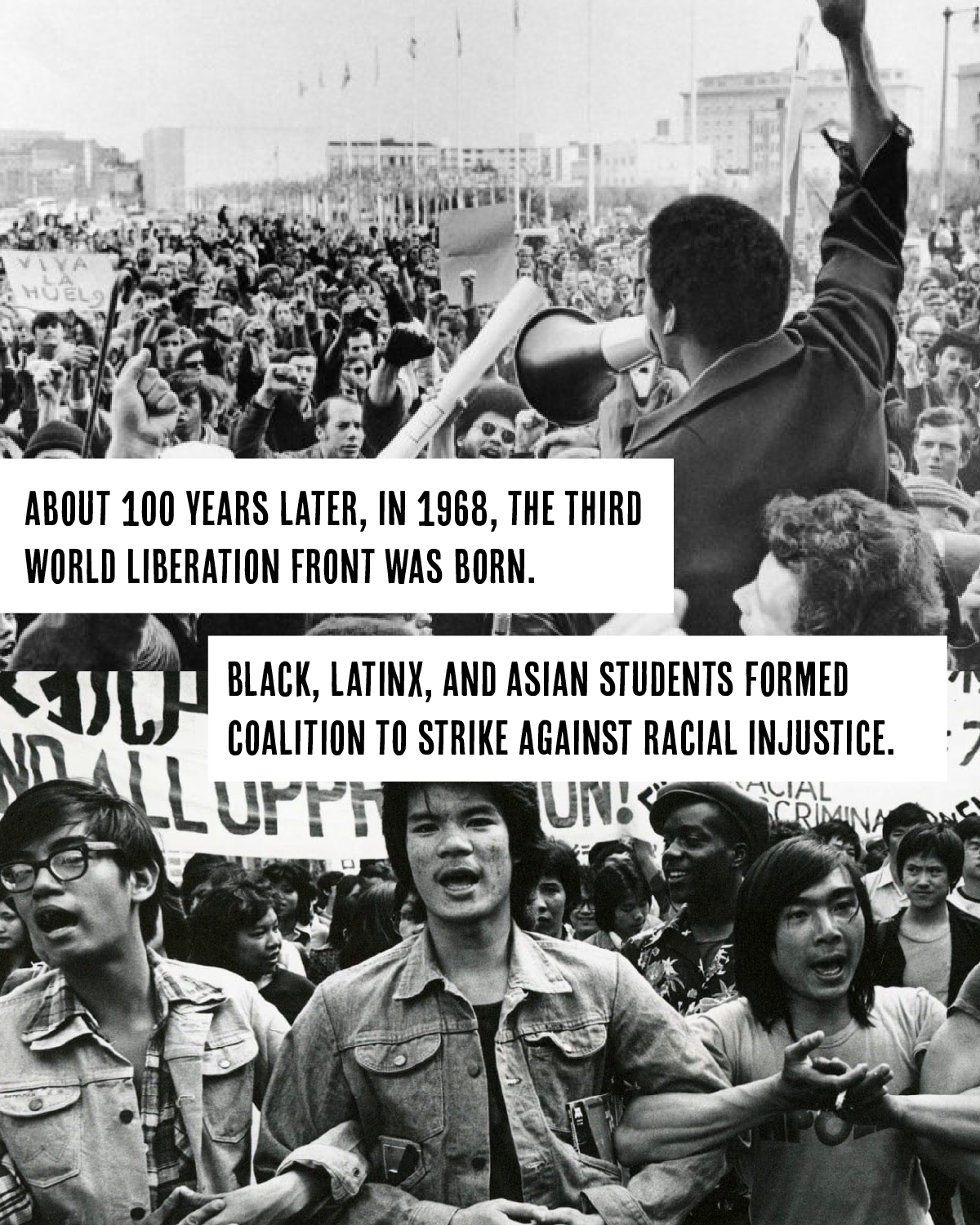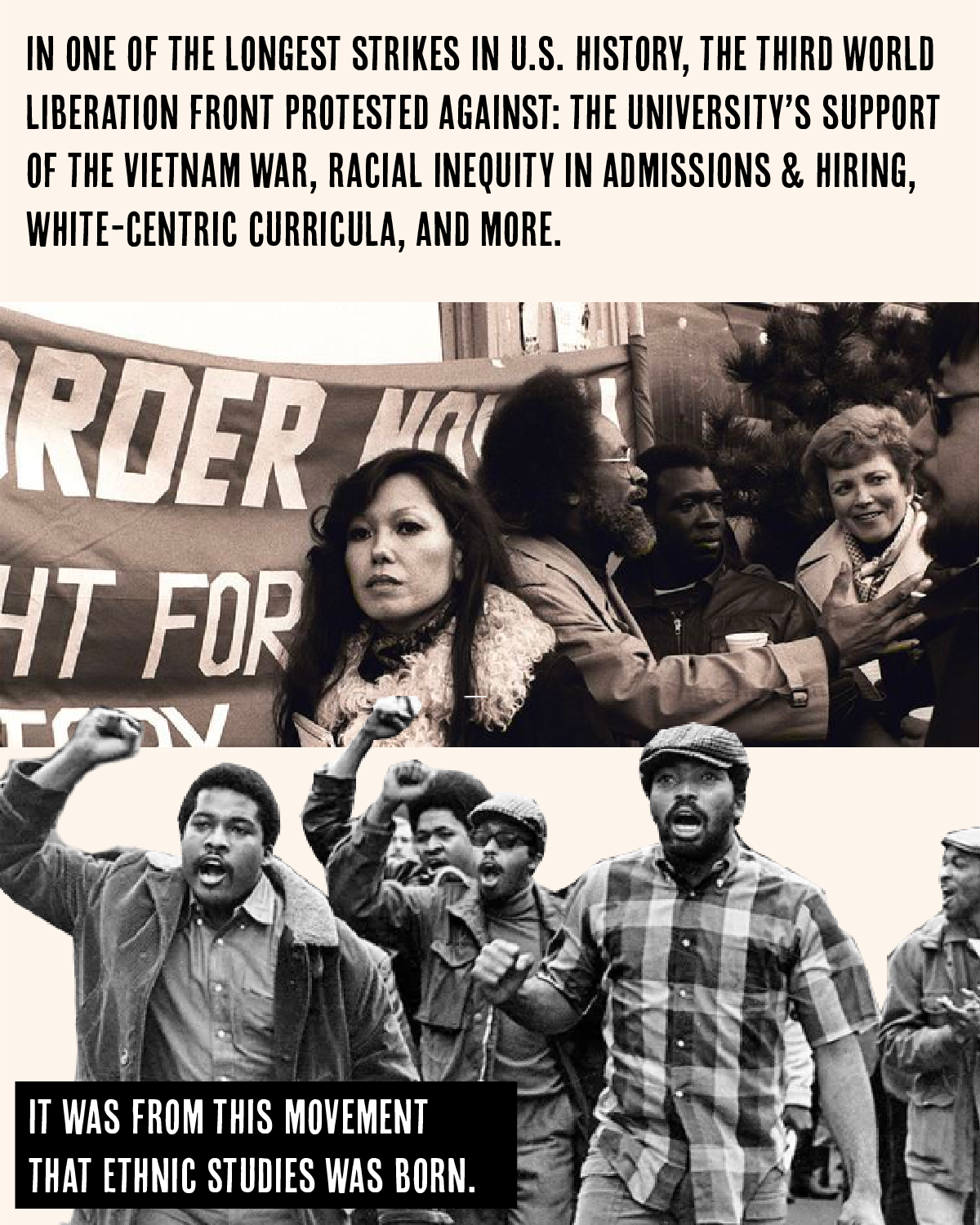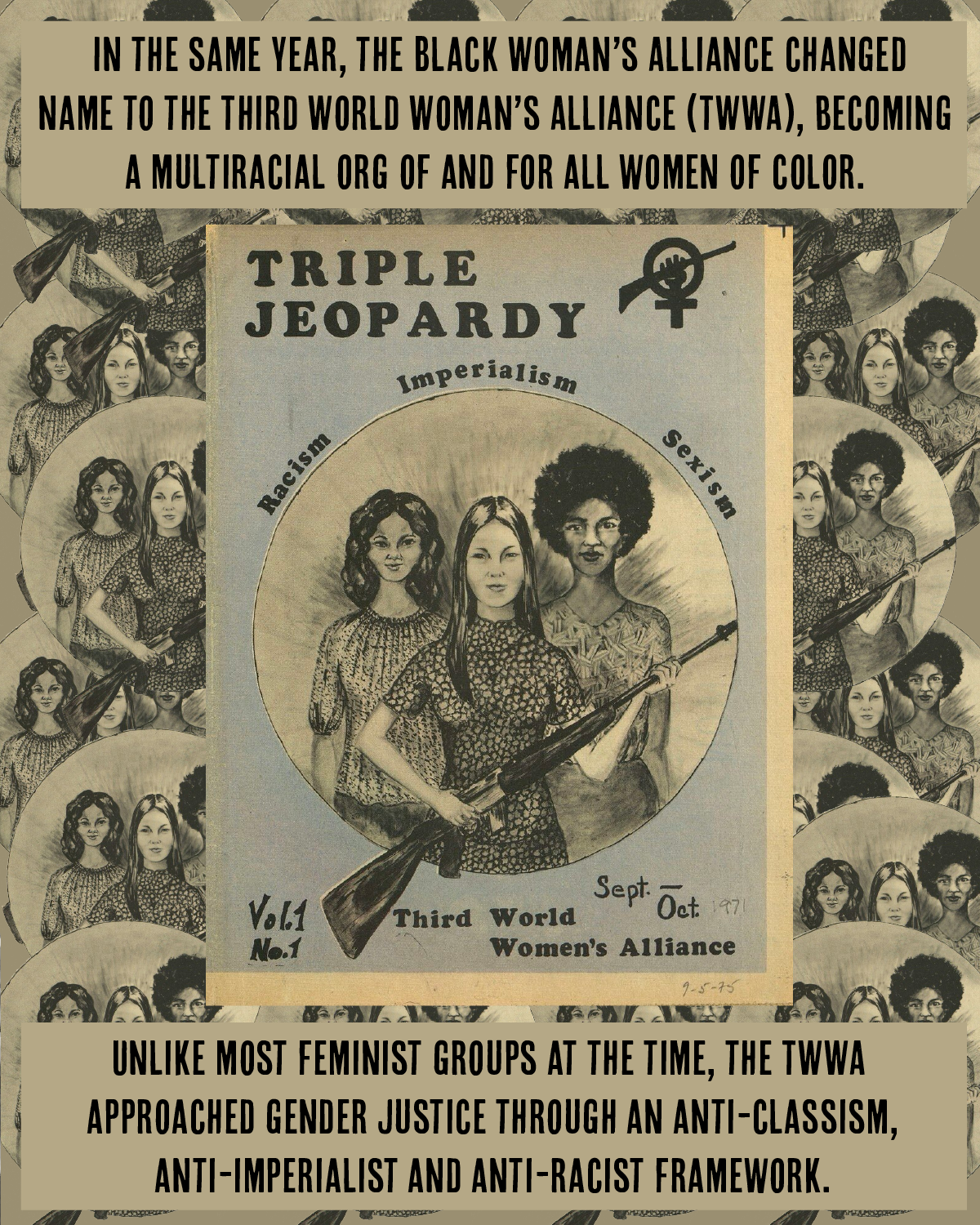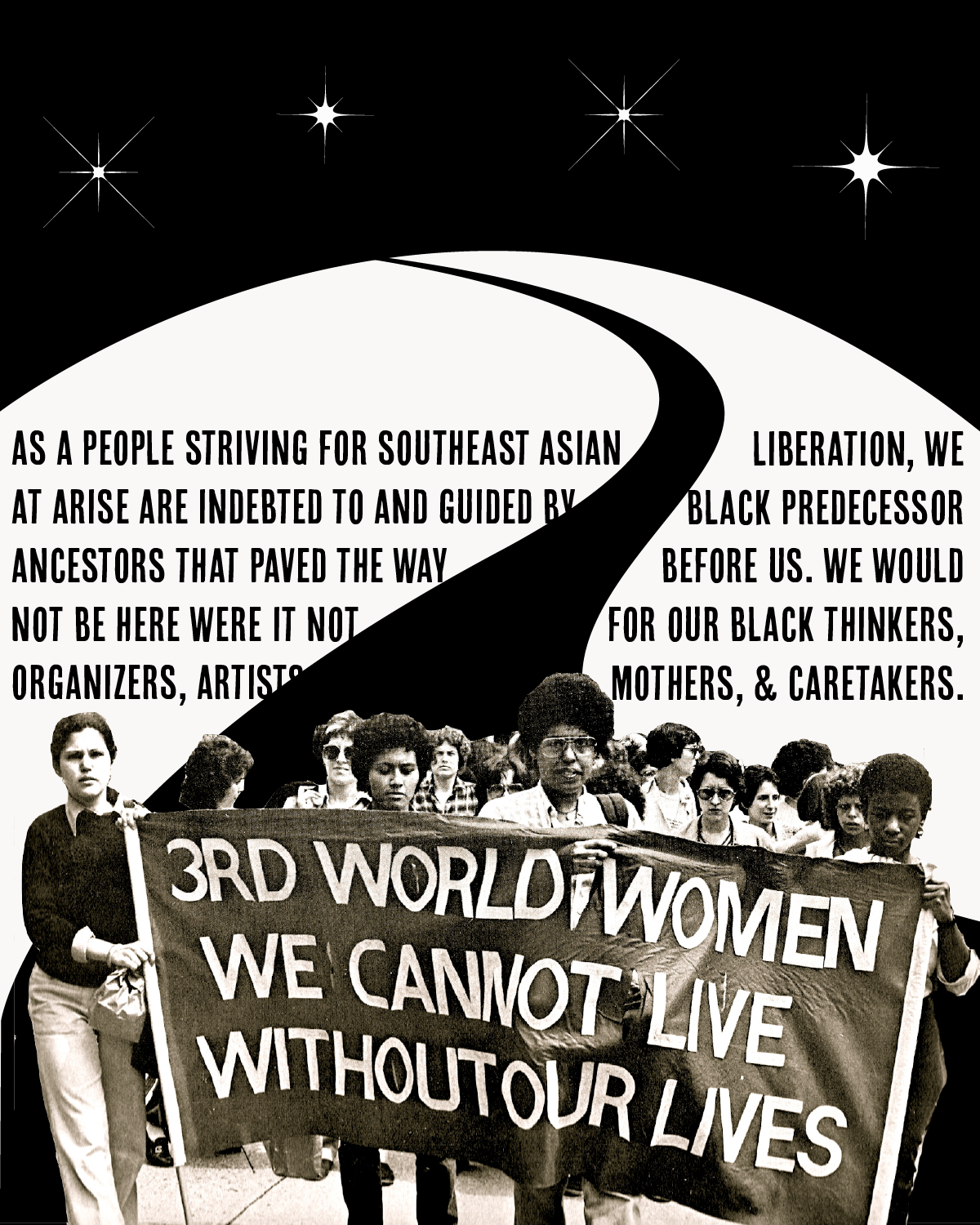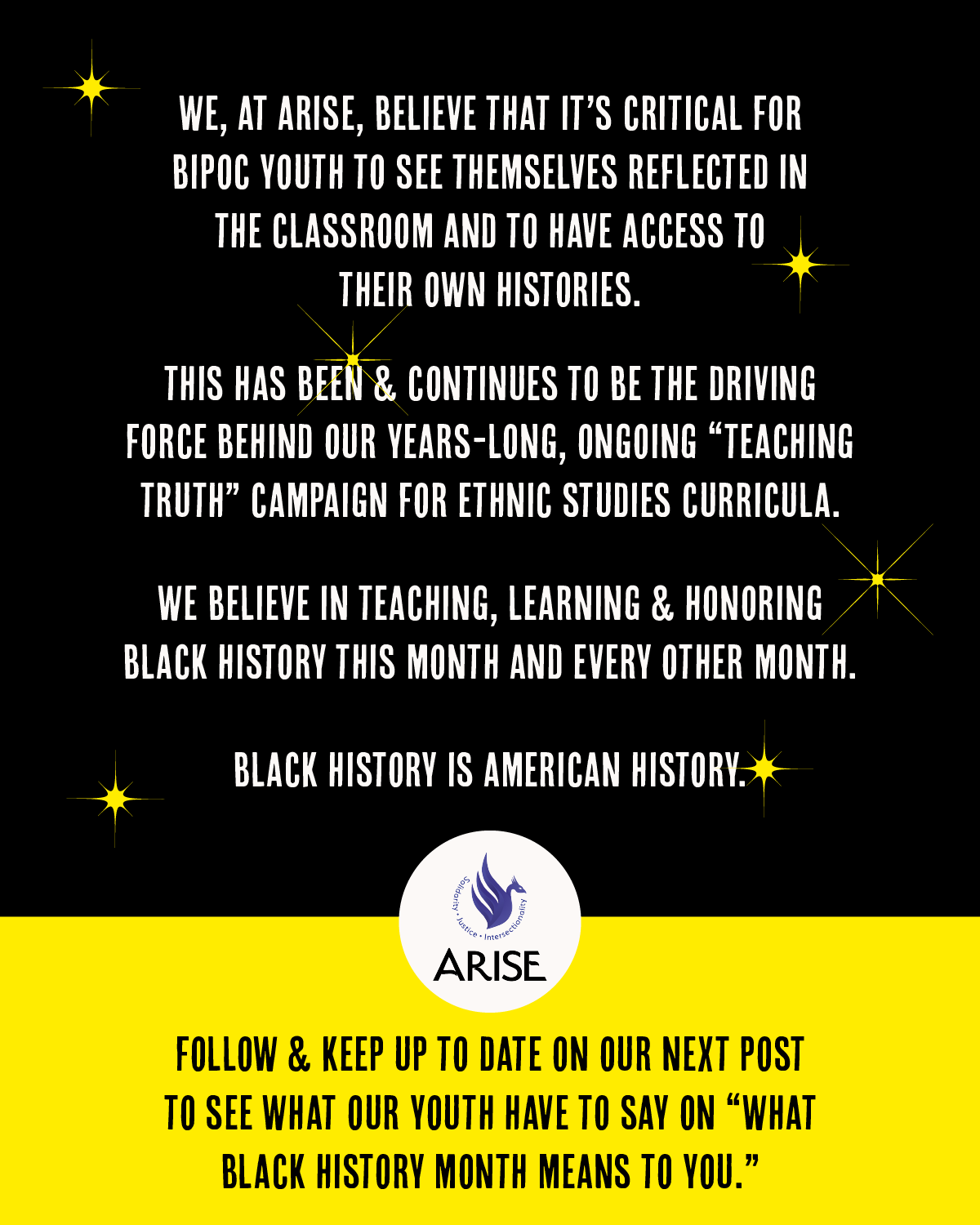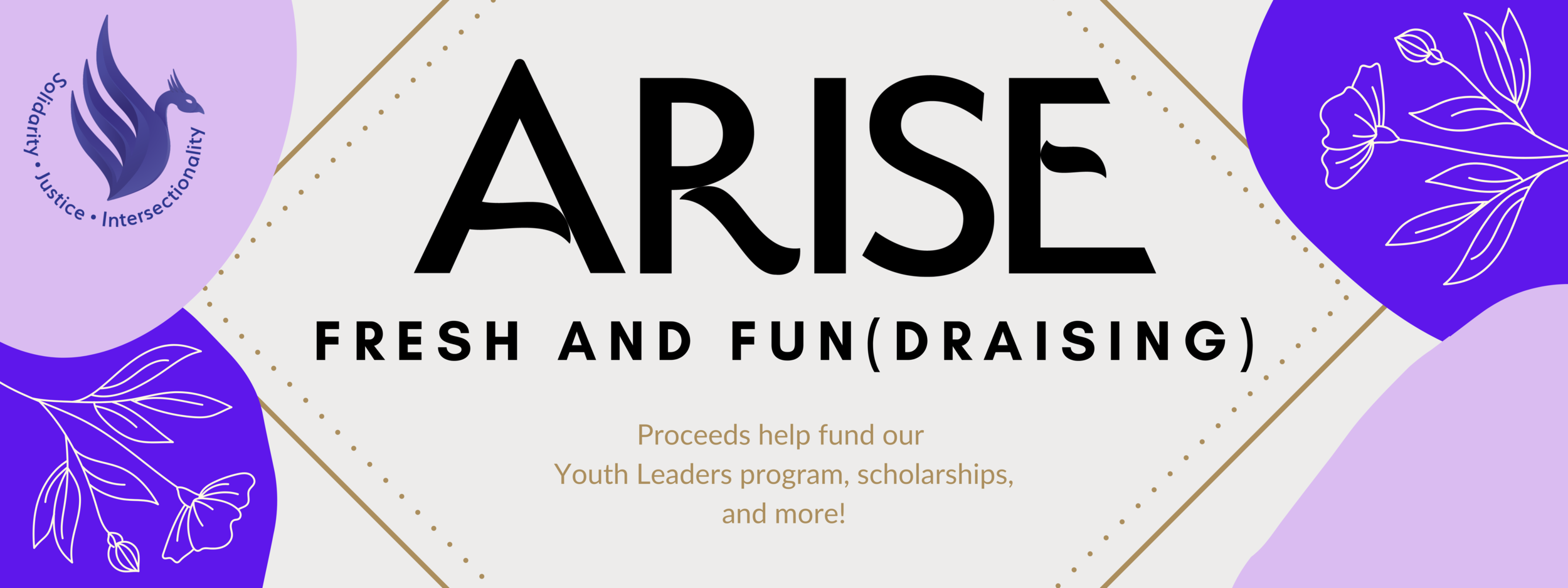Organizational Testimony in Favor of Senate Bill S0238
On behalf of several community organizations (the Alliance of Rhode Island Southeast Asians for Education, Center for Youth & Community Leadership in Education, Parents Leading for Educational Equity, Young Voices, The Center for Justice, and the Providence Student Union), I am honored to submit this testimony in strong support of Senate Bill S0238, the Rhode Island Freedom to Read Act. This bill is crucial to ensuring that the freedoms enshrined in our Constitution—freedom of speech, freedom of inquiry, and the right to access a broad spectrum of ideas—are upheld for all Rhode Islanders.
As an organization founded by Southeast Asian refugees and descendants, ARISE recognizes the profound importance of educational resources that reflect the diverse experiences and identities of our youth. The current climate of increasing censorship, both nationally and locally, threatens to limit the scope of materials available to our young people—especially books that highlight the lives of LGBTQI+ individuals and BIPOC communities. This bill protects the right of libraries and schools to offer diverse books that allow students to see themselves and others in literature, while also promoting critical thinking, empathy, and respect for diverse perspectives and experiences.
In Rhode Island, there have been at least 29 book challenges between 2021 and 2024. These challenges disproportionately target books with LGBTQ+ themes and those addressing race and racism. Most recently, books by or about marginalized people have faced heightened scrutiny, as was the case with several books nominated for the Rhode Island Children’s Book Award. This trend is not isolated, and while some may believe that book banning is a phenomenon confined to other states, Rhode Island too is experiencing these threats to educational freedom.
Senate Bill S0238 is an essential step in ensuring that our libraries, schools, and communities remain places where ideas can be freely shared and explored. The bill upholds the rights of librarians and educators, shielding them from frivolous lawsuits and criminal charges that stem from their professional stewardship to curate a diverse range of materials. Moreover, it strengthens protections for Rhode Island’s creative economy, affirming that the freedom to create and consume art and literature is a fundamental right that contributes to our state’s cultural and economic well-being.
Furthermore, this bill supports the professional expertise of librarians, who are trained to select materials that meet the developmental needs of students. It ensures that challenges to educational materials are raised by individuals who have a direct connection to the community, protecting against outside groups attempting to impose their own narrow standards on our local libraries.
At ARISE, we know that access to diverse perspectives is crucial in preparing young people to become socially conscious, empathetic, and engaged members of society. Senate Bill S0238 is not just a legislative action; it is a statement of our values as a community that respects the rights of individuals to read, think, and learn freely. We urge all members of this committee to support this important bill and to stand for the fundamental freedoms that define our democratic society.
Thank you for your time and consideration.
Co-signed,
Alliance of Rhode Island Southeast Asians for Education
Center for Youth & Community Leadership in Education
Parents Leading for Educational Equity
The Center for Justice
Young Voices
Providence Student Union
ARISE Youth testifying at the Senate Hearing

